Age of Feeling: Episode 1
by HeadsNo2
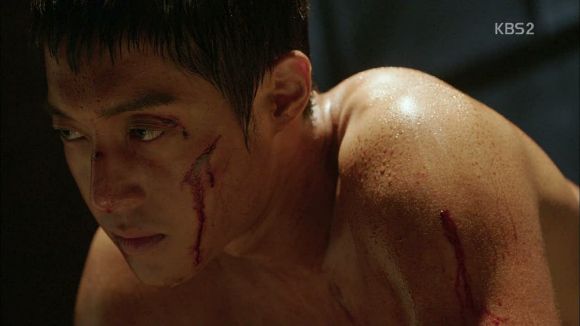
Age of Feeling (also called Inspiring Generation) promises to be the kind of epic we’ve been missing, the kind that grabs you by the senses and takes you for a grand adventure with plenty of sights along the way. Its first episode delivers beautiful visuals, gritty action sequences, a large-yet-focused sense of scale, and a core set of characters that manage to be both likable and mysterious. So, check.
Maybe it’s because Age of Feeling is based off a manhwa that the world feels so full, almost to the point of bursting, with interesting characters and stories to tell. It feels like it’s been too long since an action-adventure-romance-thriller hit the airwaves, so color me excited for what’s to come. I mean, really excited. I know, I know, the past year taught me not to get my hopes up but I can’t help it when a show is as shiny and promising as this. (Please don’t let me down!)
Numbers-wise though, Age of Feeling pulled in a modest 7.8%, which isn’t half-bad all things considered—especially when all your ratings are belong to You From Another Star, which pulled in 23.1% in the same time slot.
SONG OF THE DAY
Wheesung and Gummy – “Special Love” [ Download ]
Audio clip: Adobe Flash Player (version 9 or above) is required to play this audio clip. Download the latest version here. You also need to have JavaScript enabled in your browser.
EPISODE 1 RECAP
Glass breaks as a man is thrown through a window. A dangerous-looking woman stalks him like prey as she rattles off names of people, presumably dead people, who have nice views from their graves.
“Where shall I bury you?” she asks as she kneels next to the man, a silver knife slipping slowly from her sleeve. The man whispers her name before he dies: she’s DEGUCHI KAYA (Im Soo-hyang).
Our hero suddenly wakes to the sound of a roaring crowd as though he saw the stabbing in a dream. Turns out he was in the middle of a fight and though he temporarily saw stars, he returns with a vengeance.
What ensues is a down and (literally) dirty action scene, set to the tune of the betting crowd’s cheers. Blows are exchanged and received, and our hero expertly wards off a burning log his opponent turns to when things get dirty.
Though he technically wins the fight the good old fashioned way, his opponent isn’t one for playing square and bludgeons our hero with another blunt log before finishing it up with a hard punch to the jaw. Our hero is down for the count, while a mysterious onlooker leaves the arena.
The year is 1936, the setting Manchuria. As our hero bandages himself up after the fight, his manager chants his name, SHIN JUNG-TAE (Kim Hyun-joong), like he’s won something. And maybe he has—it seems like the point was for him to lose, and his manager wants him to lose again in the next fight.
Jung-tae, long-hardened to this lifestyle, speaks only to demand more payment. His manager, richly decked out in a fur collar, reluctantly acquiesces so as not to lose his prize fighter.
On a train en route to somewhere we don’t know (yet), Kaya asks how much further to their destination. A disembodied male voice tells her that the journey will take two more days.
Jung-tae’s fighting opponent pays him a visit at the bar he’s at, and presumes to pour Jung-tae’s drink over his head as he claims that he heard Jung-tae threw the fight on purpose. He wants to see what Jung-tae’s really made of.
But Jung-tae doesn’t want any trouble, and tries leaving the bar. His opponent, suffering roid rage apparently, tries to raise his hackles by backhanding a barmaid so hard she goes sliding across the floor. “Show me your real skills!” his opponent blares.
Jung-tae has only one question for him before he gives into the fight: “How did you find out that I don’t like women getting beaten up?” So his opponent found his weak spot, but Jung-tae manages to find his opponent’s in seconds—a punch to the throat, a kick to his knees, and a final blow to the face are all he needs to send his cocky opponent sprawled on the bar room floor.
The mysterious onlooker at the fight now makes his reappearance to tell Jung-tae of a mountain near the Chinese city of Henan where the dead are buried—and that his father was buried there a few days ago. (Perhaps the man Kaya killed?)
Though a flicker of emotion crosses Jung-tae’s features, he claims that he has no father and tries to pass the man. But in almost the blink of an eye, the man uses superior martial arts skills to send Jung-tae back a few steps.
Now that he’s got Jung-tae’s attention, he hands him an ornate stone with a tassel attached, and instructs him to meet him at a place in Shanghai. Jung-tae takes a boat to get there, his eyes scanning the grand city from his place on the deck.
Flashback to the year 1928. A young Jung-tae, working as a rickshaw driver, intervenes when he sees a group of men beating up a young girl for selling rice cakes on “their turf.” Jung-tae approaches them cockily, even though he’s outnumbered, and tells them the second thing he hates most in the world are men who beat women. As for the first…
He’s punched in the mouth before he can finish, but it hardly phases him at all. He declares that the thing he hates most in the world is his father before he commences on kicking some butt, using fast moves and superior fighting skills to best his opponents.
The girl he just saved shows her gratitude by slapping him across the cheek, which leaves a bleeding cut due to the sharp piece of pottery(?) she’d been planning to use as a weapon. She claims that the retaliation will only be worse now that he beat the thugs up, but Jung-tae merely brushes this off as he smooths some salve on her bleeding hand and wraps it up.
He claims he’ll take responsibility if she’s in trouble again, seeing as how he’s now the cause, and tells her his name. She doesn’t give hers until after he’s gone. “I’m… Deguchi Kaya.”
After winning a rickshaw race with his friend, a young Jung-tae springs for a lavish lunch… of simple sweet potatoes. Though his friend gripes at their modest meal, Jung-tae seems to take a glass-half-full approach to everything and says they should be thankful they’ve even got food.
There’s a girl absolutely crazy over Jung-tae, and any mention of his name by her employer is enough to wake her up from even the deepest of naps. Apparently he frequents the small herbal medicine shop she works at, and she preens and offers her best smile when he comes waltzing through the door. These two know each other well.
She completely fails to notice that half her face is smeared with flour, but is over the moon when Jung-tae tries to rub some of it off. D’aww. I’m hesitant to name her because I don’t know who she is, but I’m guessing the second lead?
The medicine he bought is for his ailing younger sister, whom he finds cooking in the fume-laden kitchen with dismay. We’re not sure what she’s suffering from, even as they both talk fondly of their deceased mother.
We find Kaya loitering around the rickshaws waiting for Jung-tae, who notices her in her men’s garb without a second glance. She can’t really explain why she’s come other than a sheepish smile, which earns her a scenic ride on Jung-tae’s rickshaw.
She takes in the sights around her like she’s never experienced nature quite like this before, looking genuinely happy and carefree. Jung-tae takes her through forests and fields until they eventually reach that pretty river you see in every sageuk.
Finally, she gets out what she wanted to say: that she’s sorry for the cut on his face, and grateful for his help. I love that he shrugs it off, all, I would’ve helped you anyway, but there’s a definite moment that passes between them. Cute.
Later, Jung-tae ends up saving his rickshaw buddy JJANG-DDOL (future Shin Seung-hwan) from their money-grubbing and violent employers by paying the debt Jjang-ddol owes.
But their employer is what we call a douche and feels like beating people up anyway, and with Jung-tae so good at fighting, he’s able to call that he’ll dodge three hits and allow two, just to make his boss happy and end the ordeal.
The fight goes exactly as he said it would, only Jung-tae returns a blow for each he gets, and expertly at that. In the end, he shatters his boss’ nose and threatens him with death if he tries coming after him or Jjang-ddol again.
The girl with the giant crush on Jung-tae (no, the other one, the one we saw in the medicine shop) is revealed to be KIM OK-RYUN (future Jin Se-yeon), a girl who smiles at a bustling gibang (gisaeng house) like she’s at home and is chastised strongly by her mother, a former gisaeng who now works as a maid/cook there.
She’s eager to get her daughter away from the gibang (which is why she works at the apothecary now), but Ok-ryun seems right at home. At least enough to stash some food away for her true love, Jung-tae.
Speaking of, it seems like Jung-tae’s mother works as a gisaeng there, and entertains a man who knows enough about her son to ask. They talk as if Jung-tae might be his son, though I wouldn’t quote myself on that just yet.
Kaya saves her father from some rough-looking thugs, even if she’s disappointed in him for rummaging through garbage in order to feed them. Her dad isn’t sorry, because he’s at least able to find food this way—though this shows how precariously close to starvation they live.
While Jung-tae’s buddy Jjang-ddol comes across a money-making opportunity that doesn’t seem all that legal, our hero continues to try and earn a living the hard but honest way.
The problem is that he needs money for his sister’s surgery, and as Jjang-ddol points out, Jung-tae won’t earn enough with what he’s doing. Even though it goes against every principle Jung-tae has, his buddy urges him to take the smuggling job with him and save his sister now, since he can afford to be repentant later.
Jung-tae spends the night thinking about his buddy’s offer, and divides his time between watching his ailing sister sleep and counting every single dime he’s got stashed up.
The next day, we find a collected Jung-tae joining a nervous Jjang-ddol for their first day in their new smuggling job. After a successful job, Jjang-ddol happily clasps Jung-tae to him as he declares that his little sister can live now with the money they’ve made. Hooray!
Ok-ryun brings food to Jung-tae’s house but is met with only his sister instead, and she doesn’t seem to take too kindly to Ok-ryun’s presence. Though with a little prodding, his lil sis seems to be pushing Ok-ryun away for her own benefit—she tells her that she can live with Jung-tae after she dies from her illness, so that she won’t have to carry the burden of a sick family member like her brother already does. Aw.
They’re surprised when Jung-tae and Jjang-ddol return home roaring drunk and happy. The four of them seem like a close-knit family as Jung-tae’s lil sis urges Ok-ryun to sing, and she gives them an animated performance. Aww. Now I’m attached to this group. Don’t grow up!
Meanwhile, things aren’t as merry for Kaya, whose situation is much more grave. Along with being as poor as they are, her begging father seems ill. She fingers half a wooden pendant worn around her neck, which I assume will be important somehow. (Also worth noting: a suspicious man watching her house from a distance.)
The man reports to DENKAI DOYAMA (Kim Gab-soo) in Osaka that “Shinjo” has been found, which I’m assuming is Kaya’s father. Denkai holds a strong grudge against him and orders his man to punish Kaya’s dad for his sins.
But when the man asks about what he should do with Kaya, the earth shakes with Denkai’s fury. He doesn’t reply.
Jung-tae goes to the market to buy a girl’s hairband, but ends up also buying a pretty hairpin he can’t pass up. Meanwhile, Kaya gets turned away from her job (is she also a smuggler?) because of the gang Jung-tae and his buddy are now smuggling for, and when Jung-tae catches her outside he guesses as much.
She’s not scared of the gang threatening her business, and explains that she’ll do what it takes to live in a house that doesn’t leak when it rains and to have a life with food. This isn’t what Jung-tae came to talk about, since he awkwardly stops her and starts to fish out the hair pin he bought…
But Jjang-ddol comes hollering and ruins the fun. They’ve got a situation—the men they were in cahoots with conspired against them, and one of them (nicknamed “Dog Nose”) ran off with the money. Which means that Jung-tae and Jjang-ddol are now responsible for all that missing cash when they’ve got literally none of it.
Jung-tae refuses to let this slide, because that money is for his sister’s surgery. He declares that he’s as good as dead if she dies, even though Jjang-ddol can’t seem to warn him away from going after the Dobi Gang, the toughest thugs in town (and the ones responsible for Kaya’s job, too).
So Jung-tae goes after the guy who’s not Dog Nose yet is responsible for taking their money (Dog Nose’s supposed boss), and confronts him and the whole Dobi Gang outside the gibang. I’m going to freely admit that the who’s who of this show’s smuggling world is confusing as all get-out to me right now, and that I’m just following along with Jung-tae even though I don’t quite know what’s happening and only vaguely know why.
He asks for a man named Poong-cha (Dog Nose’s boss) in the gang, and when he doesn’t get an answer right away he tries rushing the whole lot of them only to be pushed back as though he ran up against a brick wall. Even Jung-tae’s strength is no good here.
One of the men introduces himself as POONG-CHA (Jo Dal-hwan), but explains that he doesn’t have Jung-tae’s money. Like, he really really has no idea what Jung-tae is even talking about. Jung-tae won’t take this as an answer and runs in, fists flying, for a man-to-man fight with Poong-cha. He’s not easily beaten, but he is beaten, and badly at that.
But still, Jung-tae gets up. He won’t stay down. The other thugs note that he reminds them of Poong-cha when he was young, and Poong-cha seems to notice the same thing. It’s almost like he’s impressed with Jung-tae’s fighting spirit.
By the time Jjang-ddol comes running to his friend’s aid, he finds Jung-tae lying at Poong-cha’s feet and bleeding from multiple wounds on his head.
With painstaking agony, he tells the men just how hard he had to work to earn the money they took (ah, so the initial sum was what Jung-tae had dug out of his stash), in an attempt to appeal to their humanity.
Then he falls unconscious.
COMMENTS
I had to ask around for help navigating the whole who’s-in-what-gang-and-why of this episode, but after a few patient people gave me patient explanations, I came to better understand the seemingly random nature of Jung-tae going after the Dobi Gang. The guy they named Dog Nose misled them by claiming that Poong-cha was his boss, when in reality he wasn’t. When he ran off with Jung-tae’s money, Jung-tae decided to go straight to said boss and demand it back, only Poong-cha had never seen him or heard of him before in his life. Hence the scene we just saw. I kind of feel like an idiot, but I’ve also been on cough medicine for a flu for the past six days, so take from that what you will. (The floor is breathing!)
I do think the gang mechanics are going to be one of those convoluted things in this show until we get a better grasp of all the players (looking at the seemingly infinite cast list for this show is daunting) and gain a better understanding of who’s good, bad, and in-between. Aside from my puny brain screeching to a halt once things got more complicated than “That guy stole my money! No he didn’t! Is this your card/gang leader?” I liked the pace of this episode, and the way the action was driven by character. I’m interested to see how the child incarnations I already feel like I know so well grow into their adult forms, only two of which we’ve actually seen—Kaya as an assassin, and Jung-tae as a man who’s lost his purpose in life.
Kaya’s journey holds the most intrigue for me, especially with the brief glimpse we saw of the man we can only assume will be responsible for her father’s death—Denkai. I’ve been looking forward to Kim Gab-soo’s return to primetime television as a villain, if only because he’s such a powerhouse actor and can really breathe life into his roles, and even in his one minute of screen time he proved a force to be reckoned with. How Jung-tae’s father gets mixed up with Kaya in such a way that she has to kill him, and how her relationship with Jung-tae evolved from childhood, is also another story thread I’m itching to see more of.
At this point I like our steadfast hero, since he draws that nice line between being a clearly good guy without being insufferable for it (or worse, insufferably mopey). I love that the darkness and injustice of the world surrounding the kid-versions of our characters is never enough to fully engulf them, and that this show knows how to add levity without it feeling like a Gag Concert interlude. It meant that I could feel happy when Jung-tae was happy, hopeful when he was hopeful, and nervous when he felt lost. Even if his hot-headedness can get him into some serious trouble, like a one-on-twelve fight he couldn’t possibly win, it just means he’s human. I like human characters. I think it’s safe to say that we all like characters who act the most human, because we enjoy relating to them as an audience. (Basically, I’m putting my positive thoughts out into the drama universe so that Age of Feeling won’t turn into that-sports-drama-which-shall-not-be-named.)
More than anything, I’m hedging my bets on this show’s potential to really be something, since it feels like we’re just in the warmup stages of a rollicking journey. It’s been a while since I haven’t had to completely talk myself into a first episode using various excuses like “Well the team is good” or “It’s bound to just get better right?” for a show, but my Excitement-O-Meter isn’t what it used to be in the days of Gaksital and, well, other dramas I’m too ashamed to admit I was excited about and which obviously didn’t pan out. I think the last batch of bad dramas I’ve lived through—yes, lived through—have made me cautiously optimistic/wary about endorsing a show from Episode 1, so while the production is more than competent and is actually good, and while the characters are engaging with promises of a greater story to come, I’m not a wizard and can’t predict as to whether all the good things we’re seeing now will coalesce into a good drama or a drama-that-could’ve-been. Right now, everything seems on the right track for Age of Feeling to become an objectively good (possibly even great) drama.
RELATED POSTS
- Stills and behind-the-scenes smiles for Age of Feeling
- First action-packed teaser for Age of Feeling
- Romance-tinged poster for period noir Age of Feeling
- Promo stills from the set of Age of Feeling
- From the poster shoots for Age of Feeling
- Kim Jae-wook cast in Age of Feeling
- Jin Se-yeon replaces Kim So-eun in Age of Feeling
- Age of Feeling loses timeslot to Pretty Man
- Age of Feeling gets its hero and leading ladies
- Kim Hyun-joong offered lead in Age of Feeling
Tags: Age of Feeling, featured, first episodes, Im Soo-hyang, Kim Hyun-joong
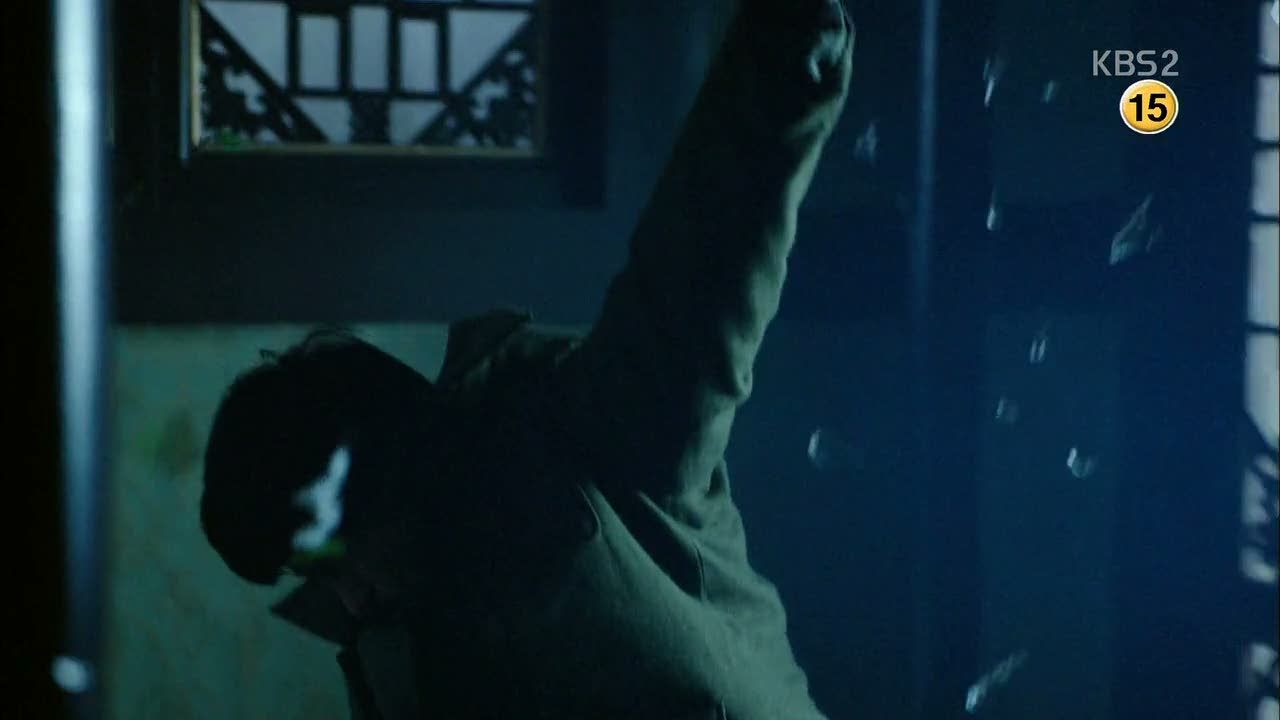
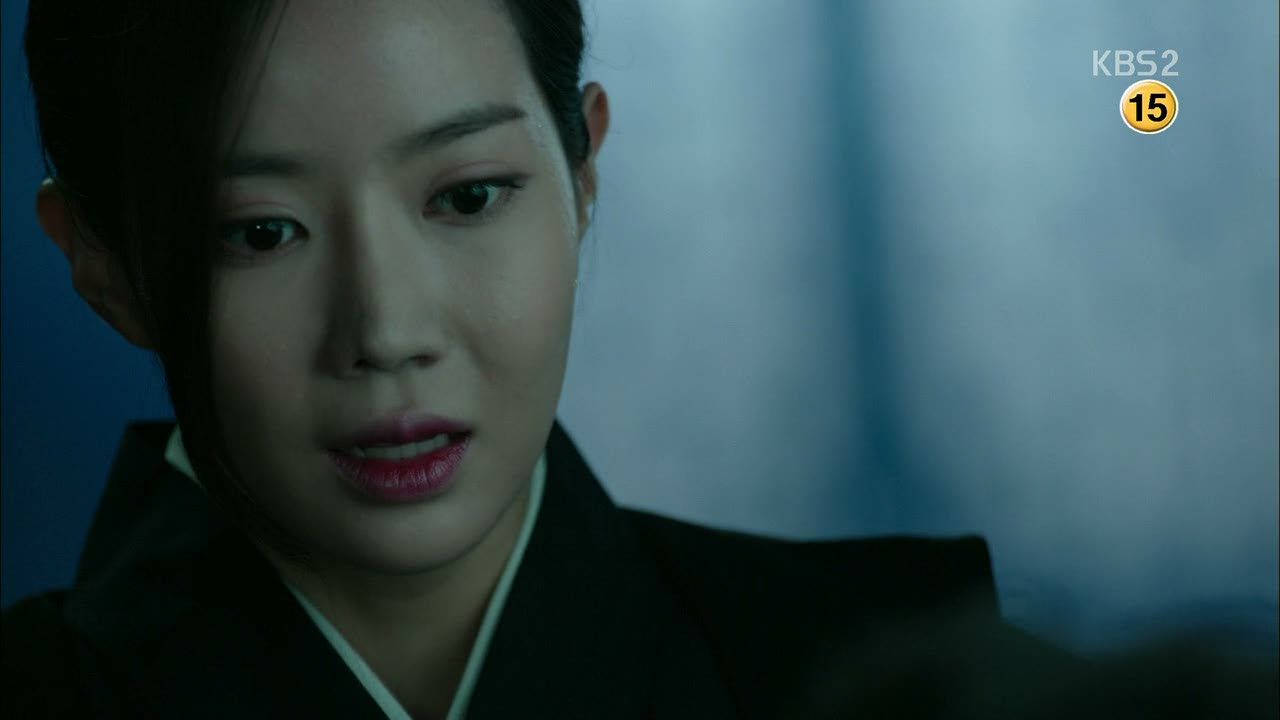
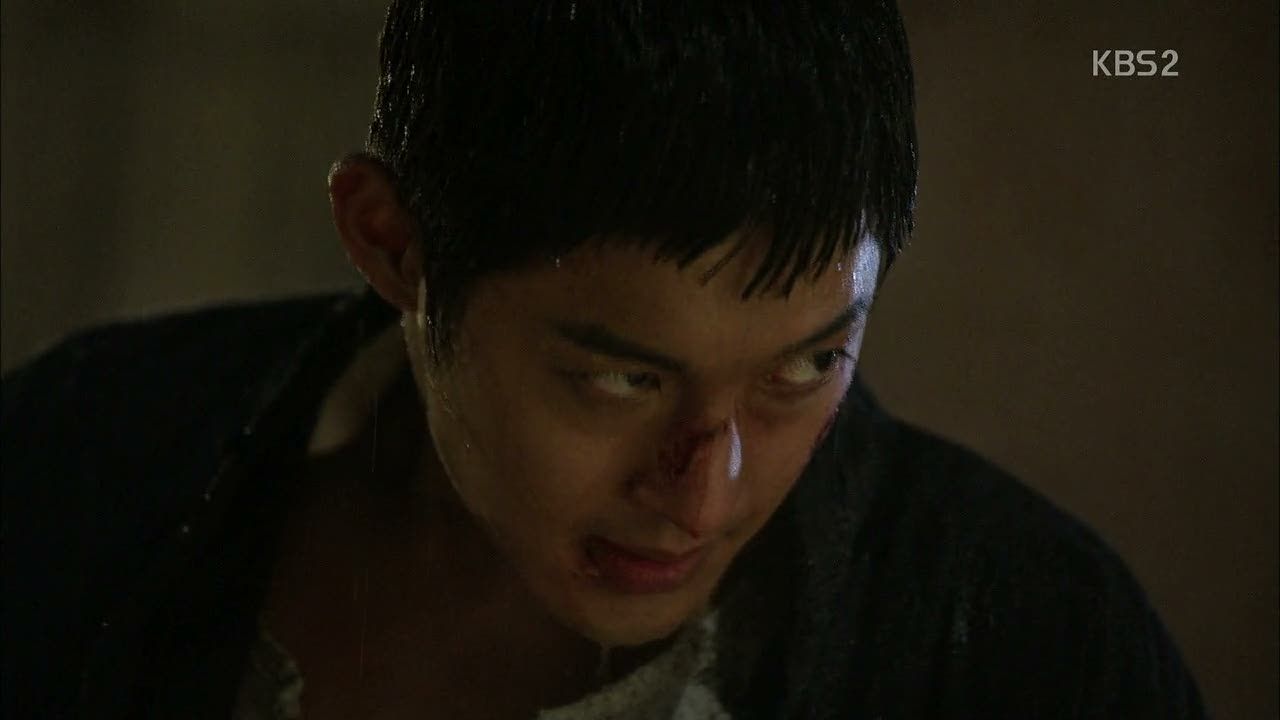
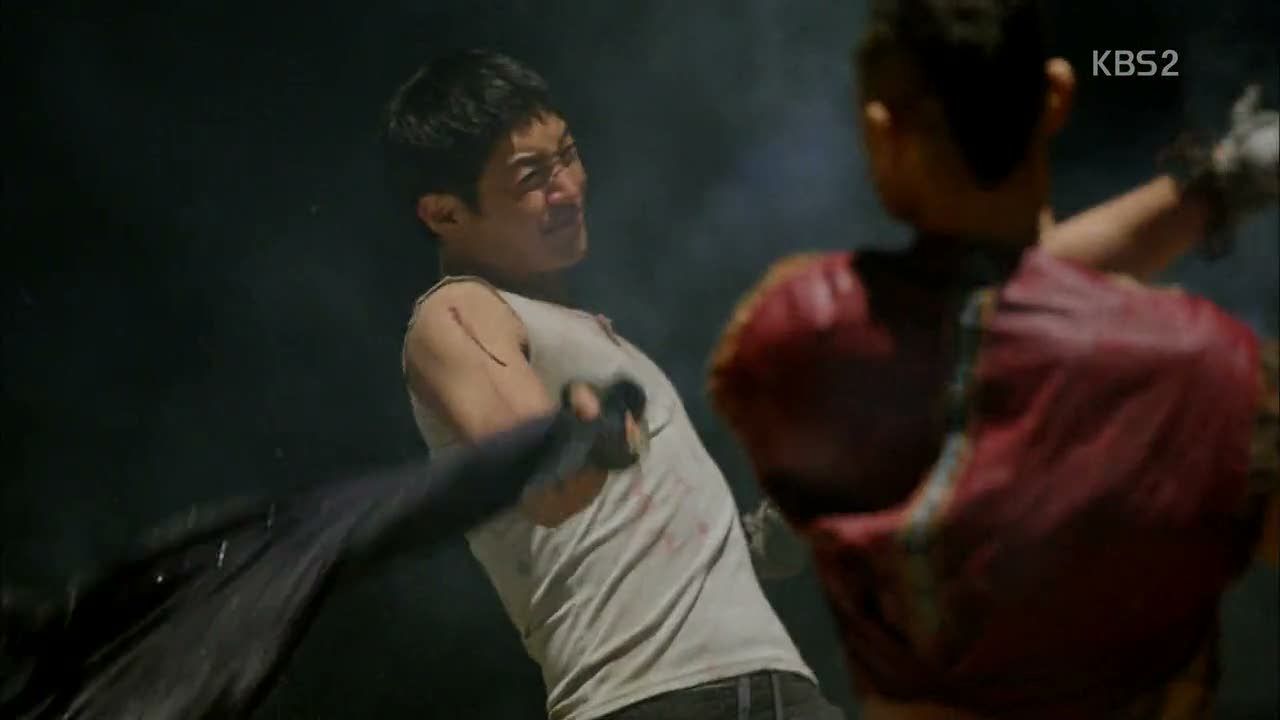
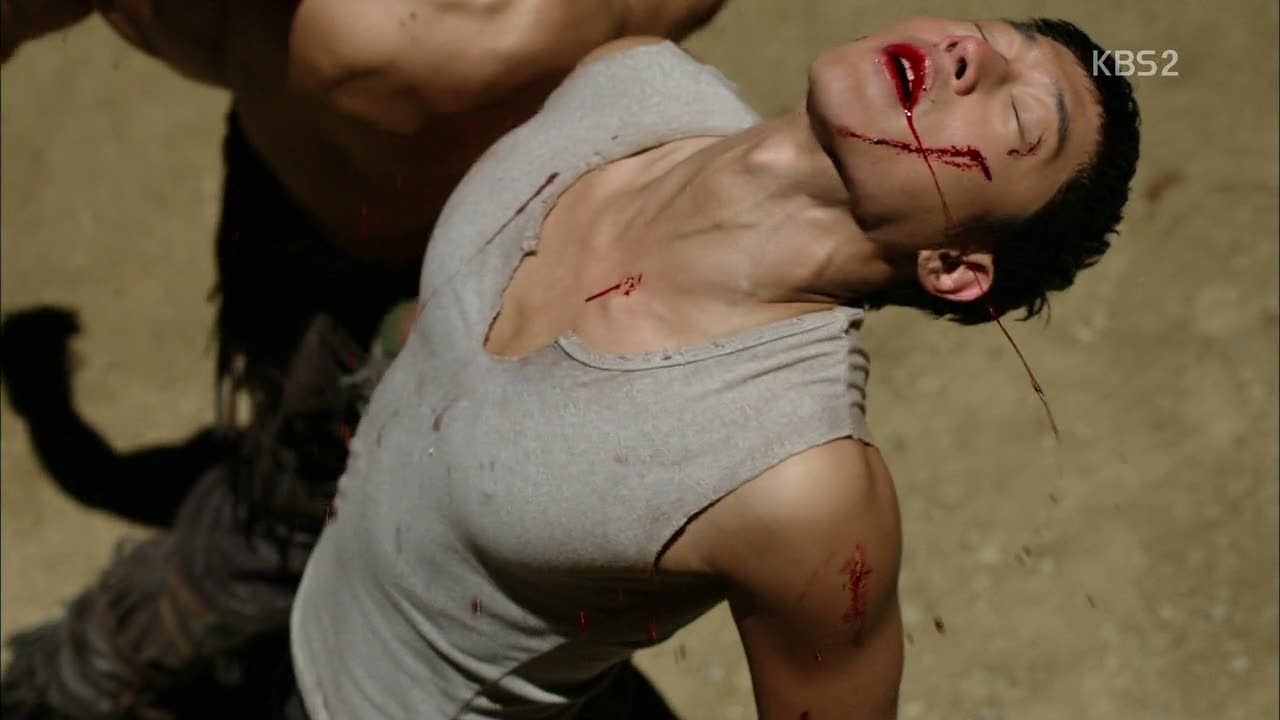
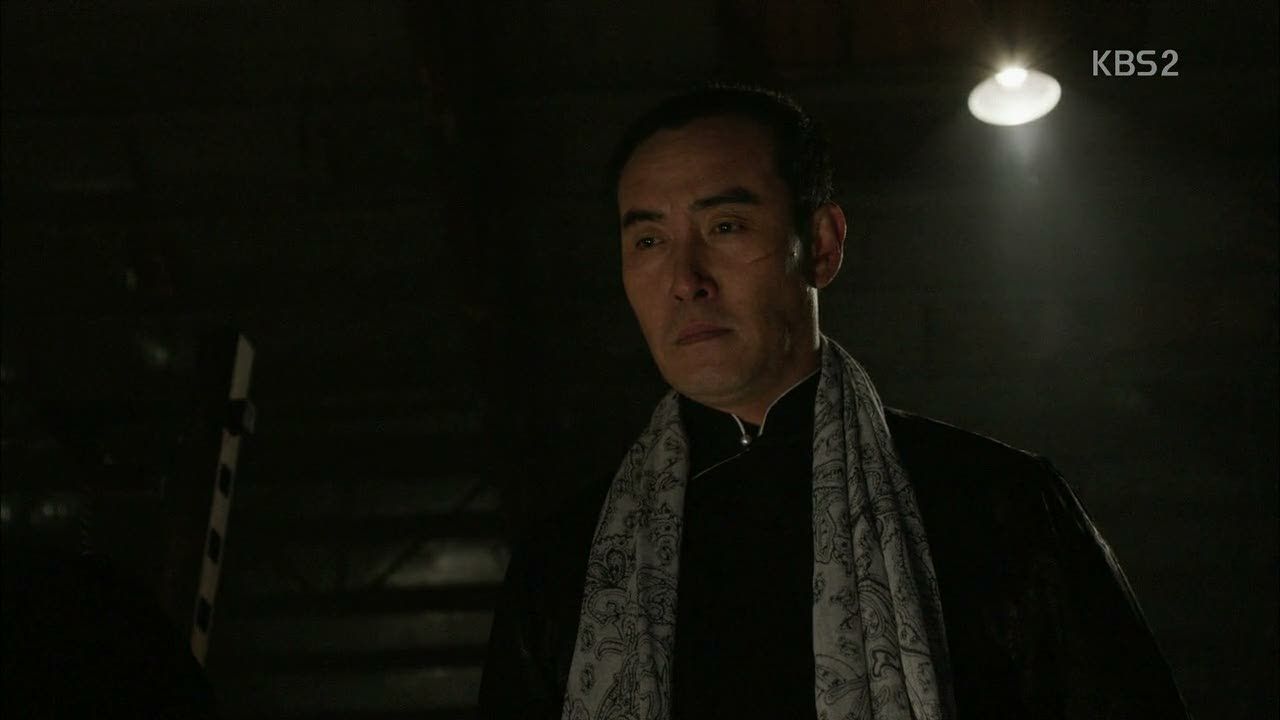
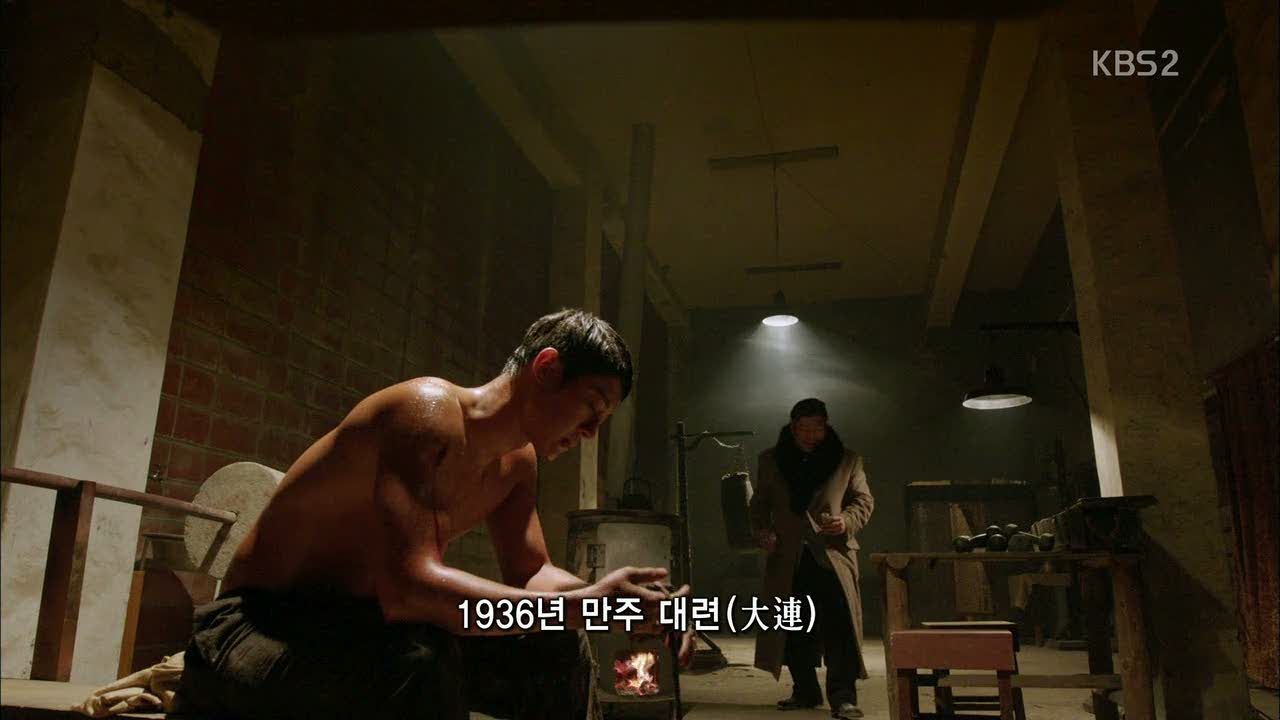
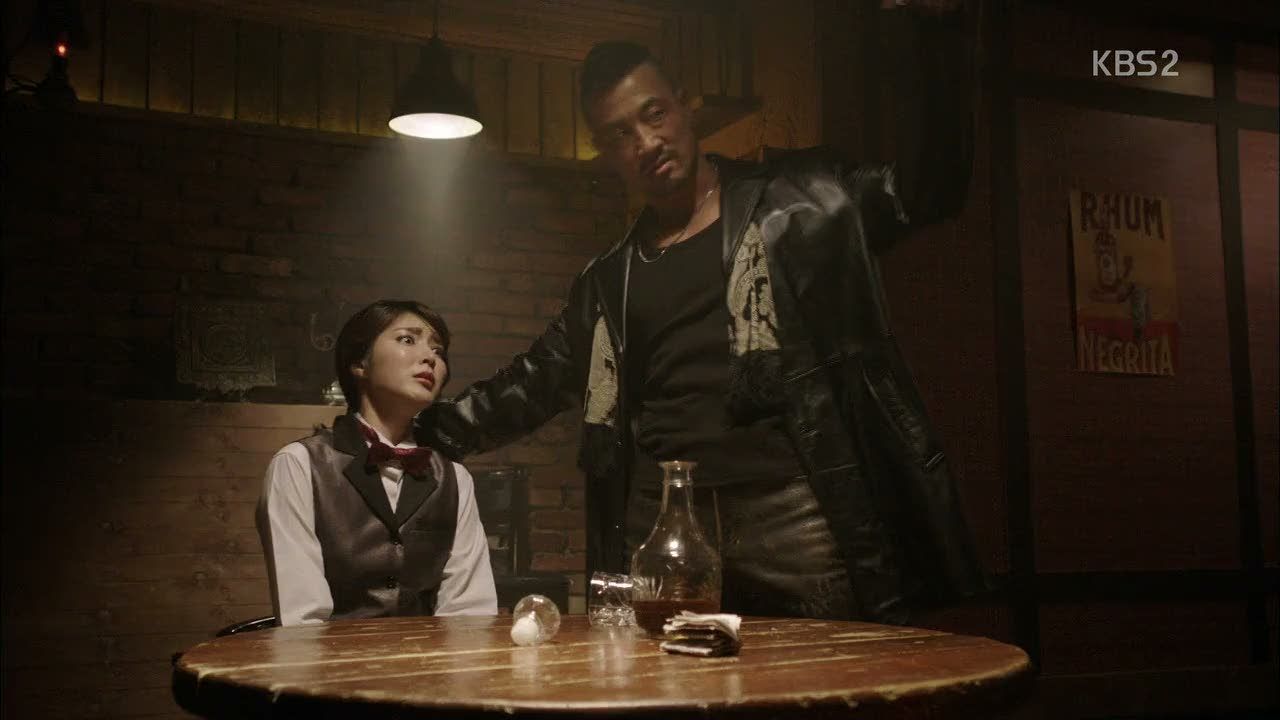
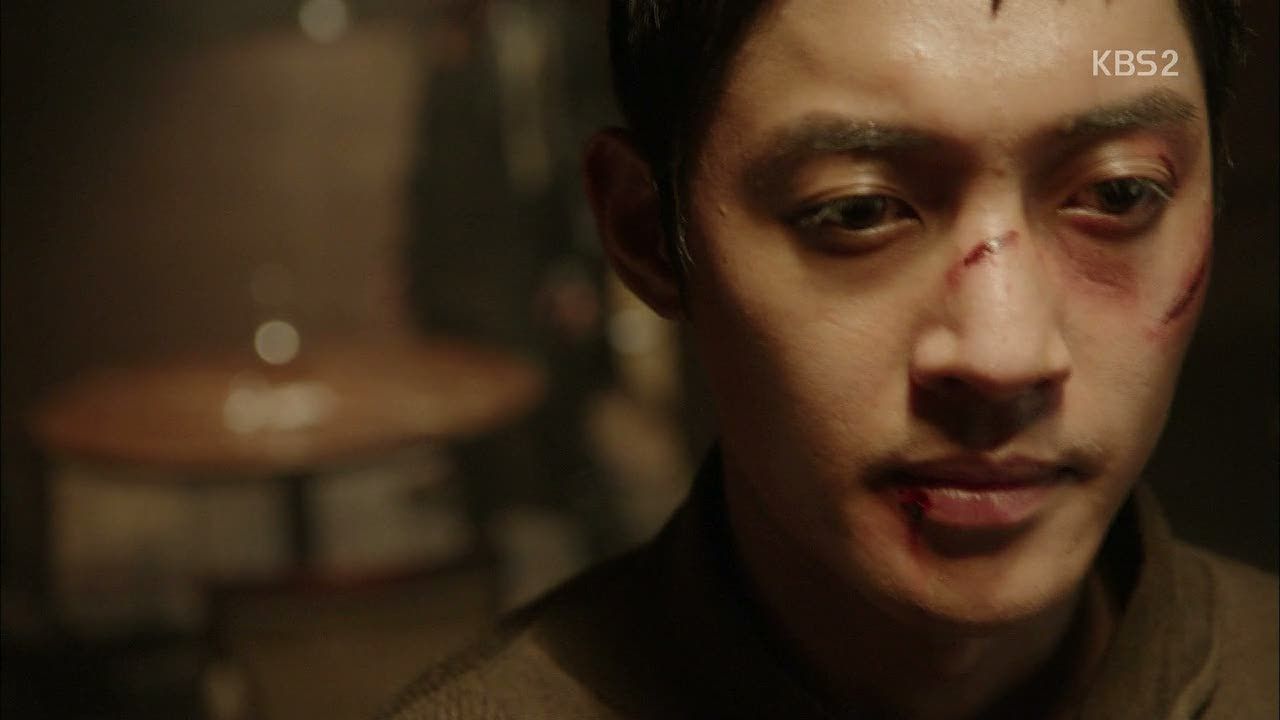
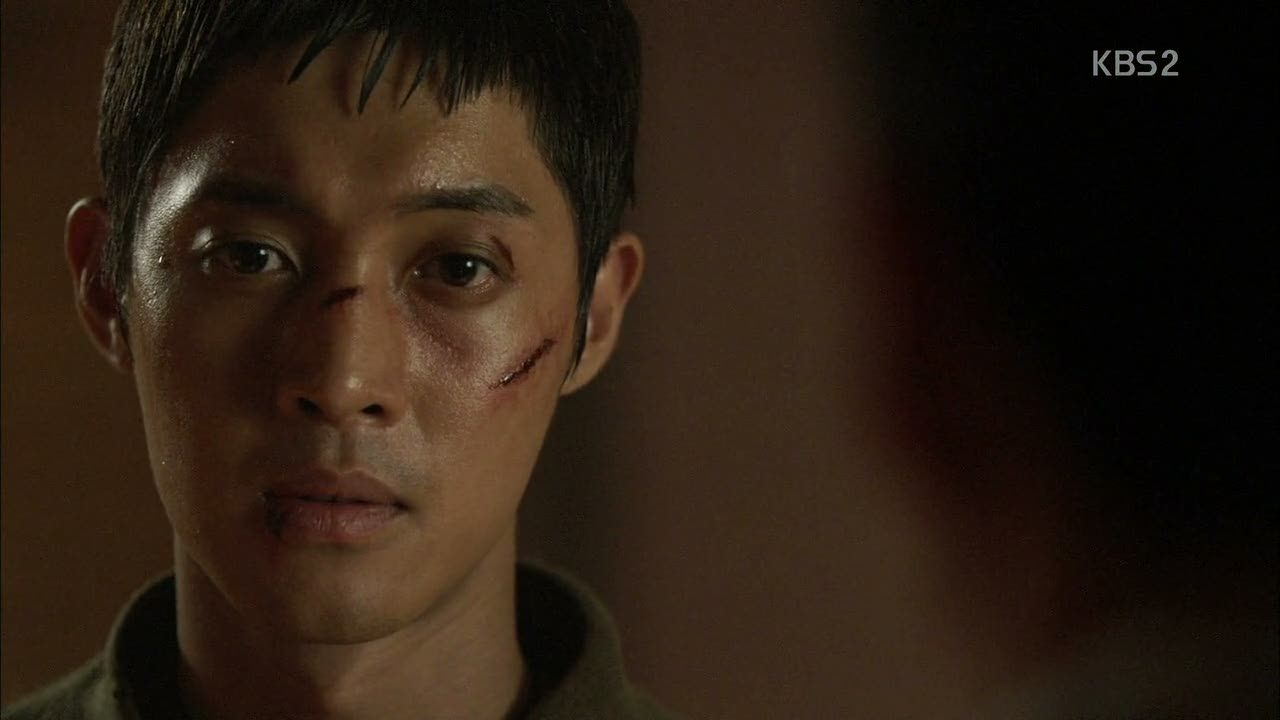
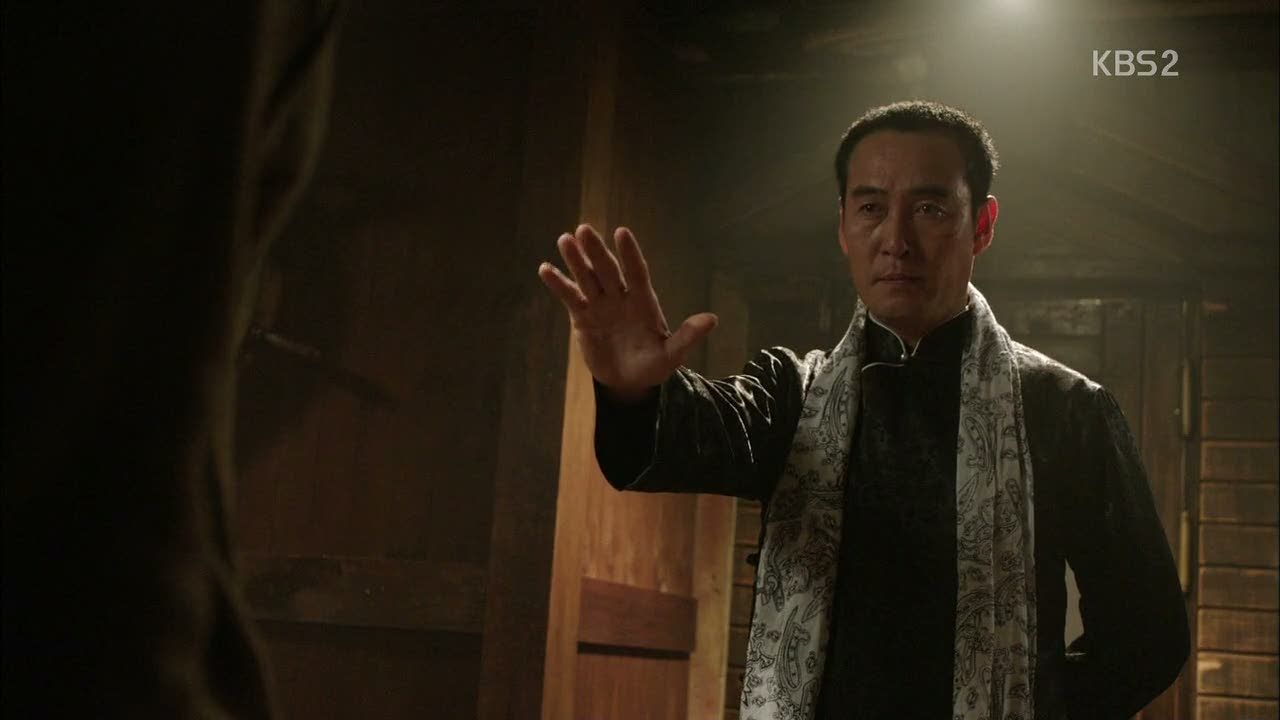
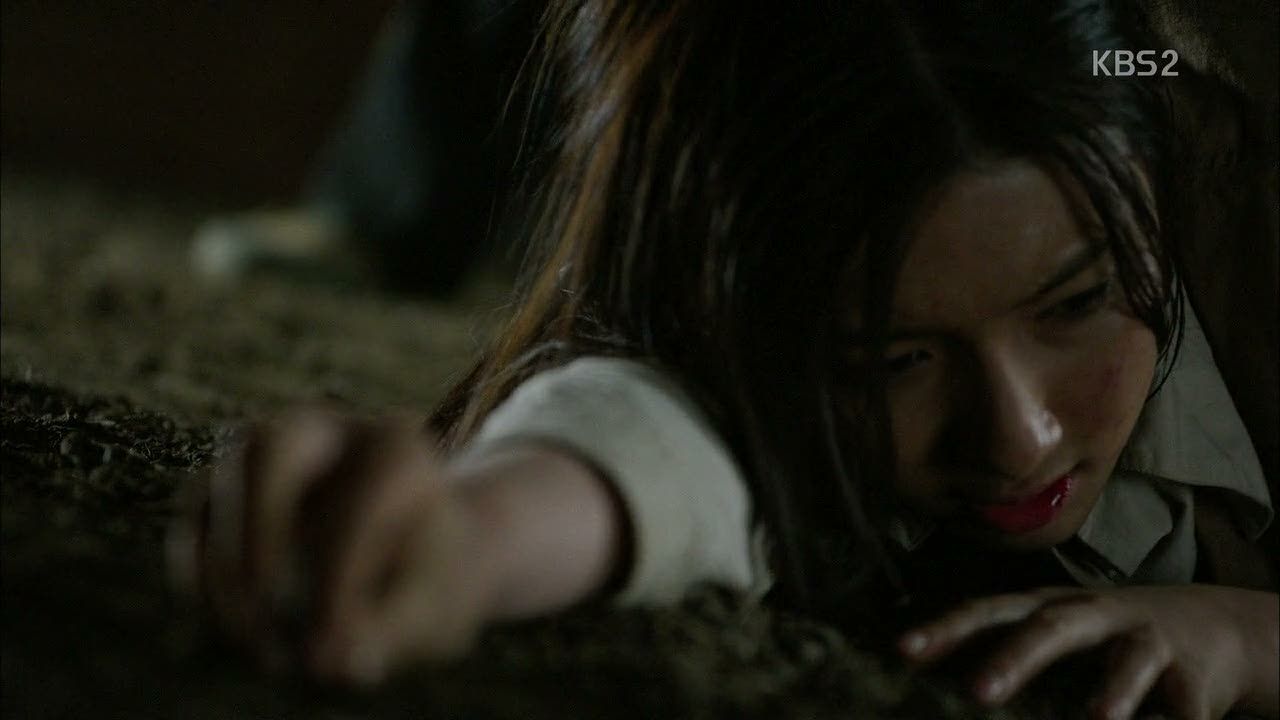
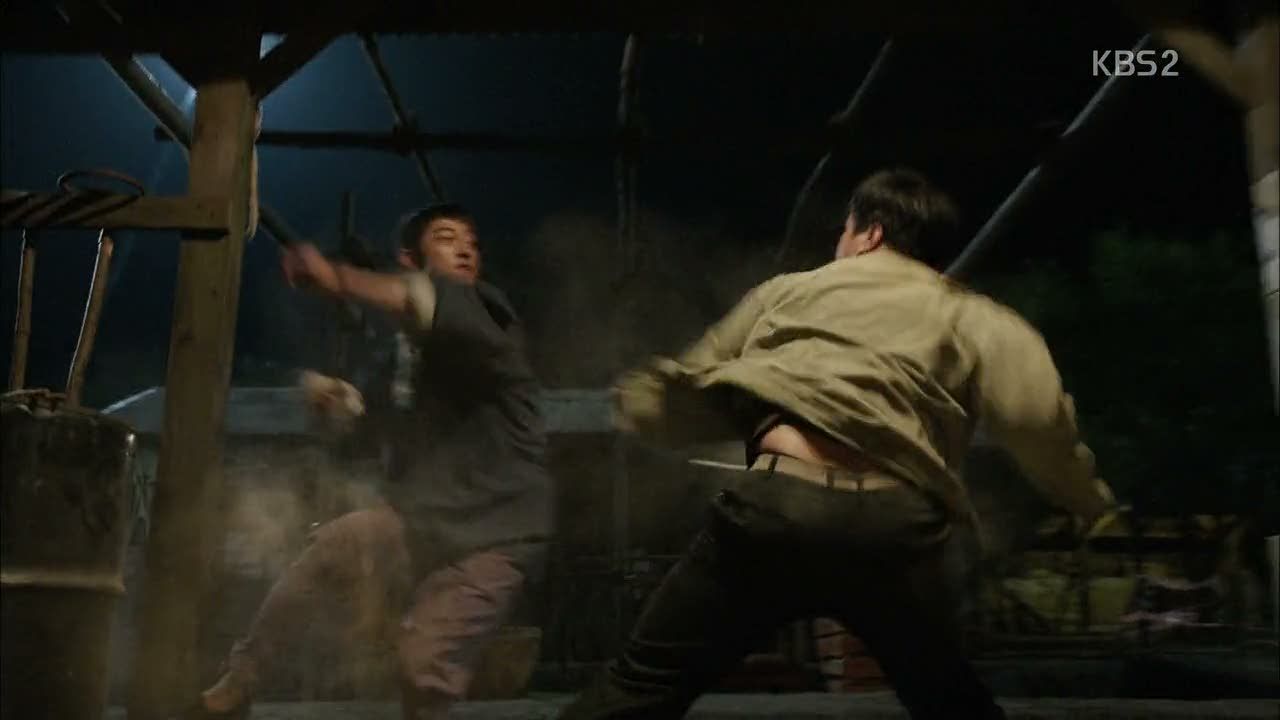
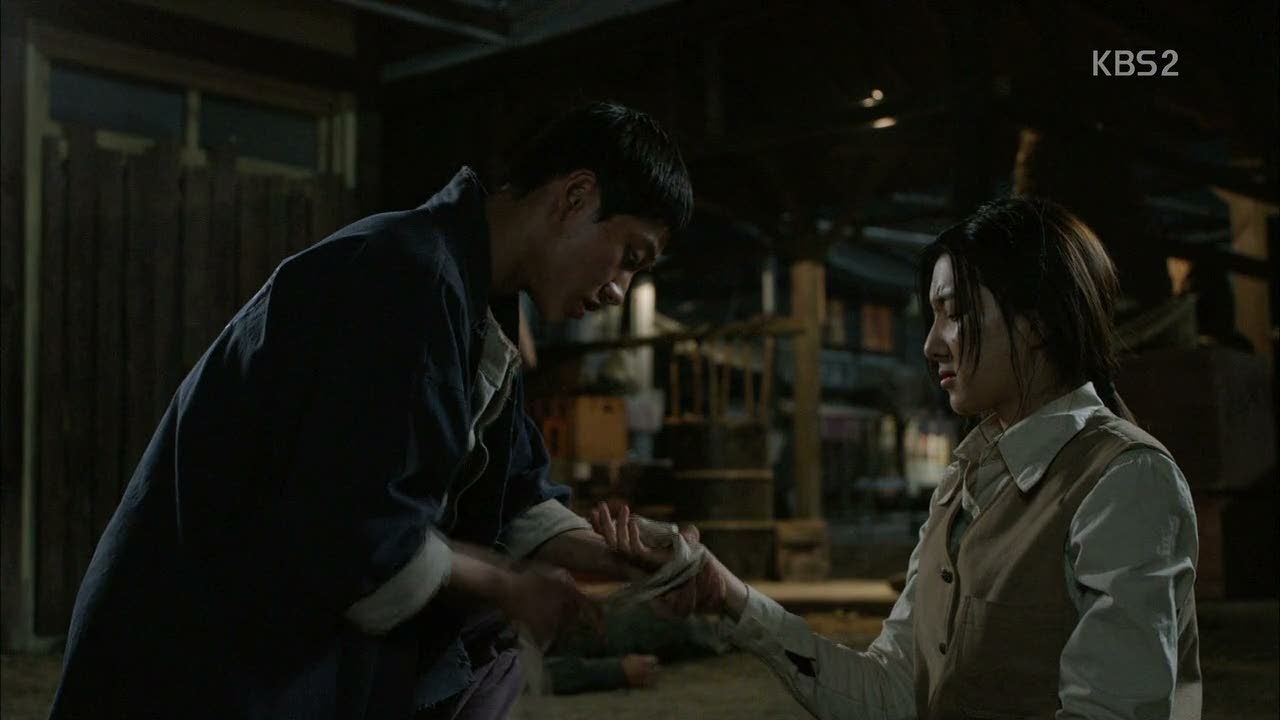
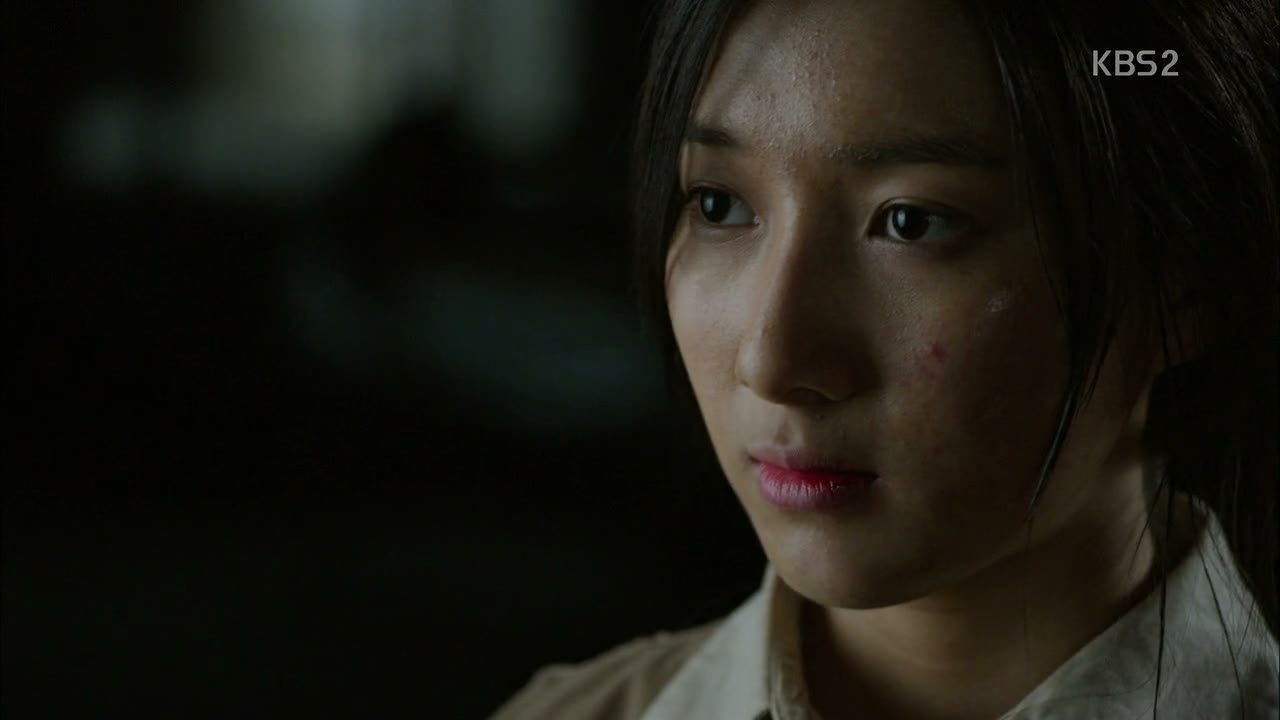
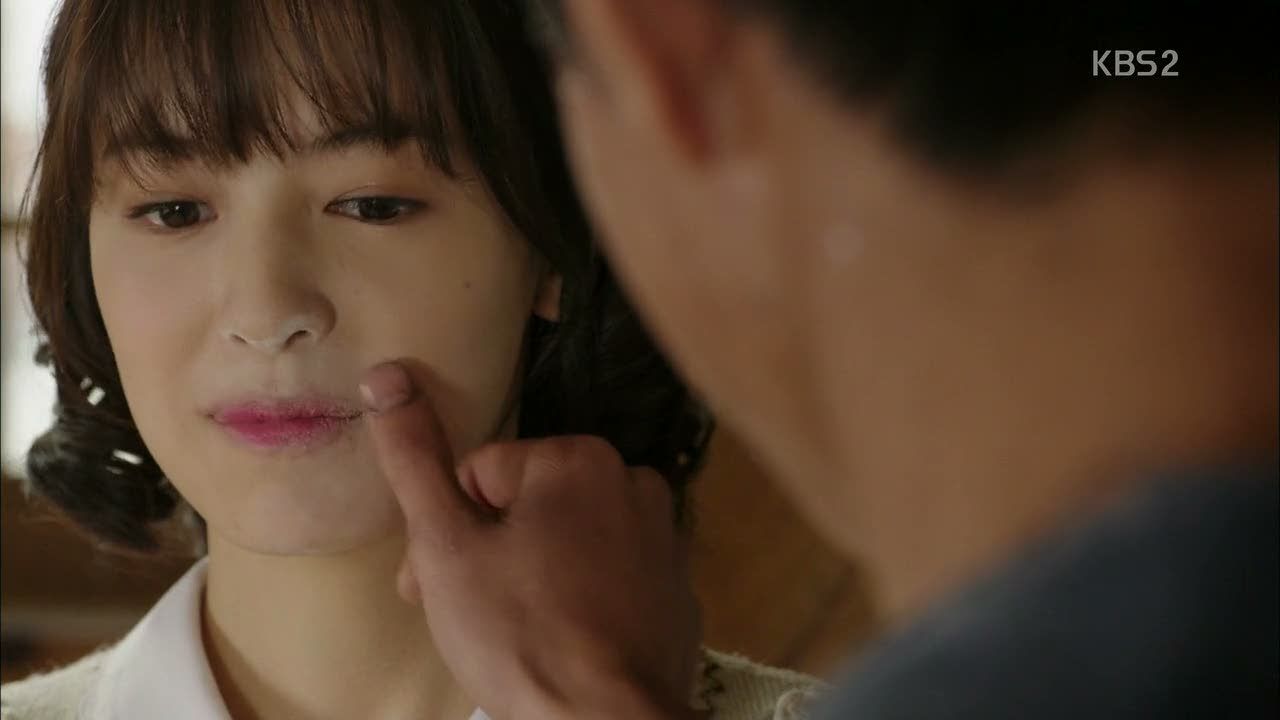
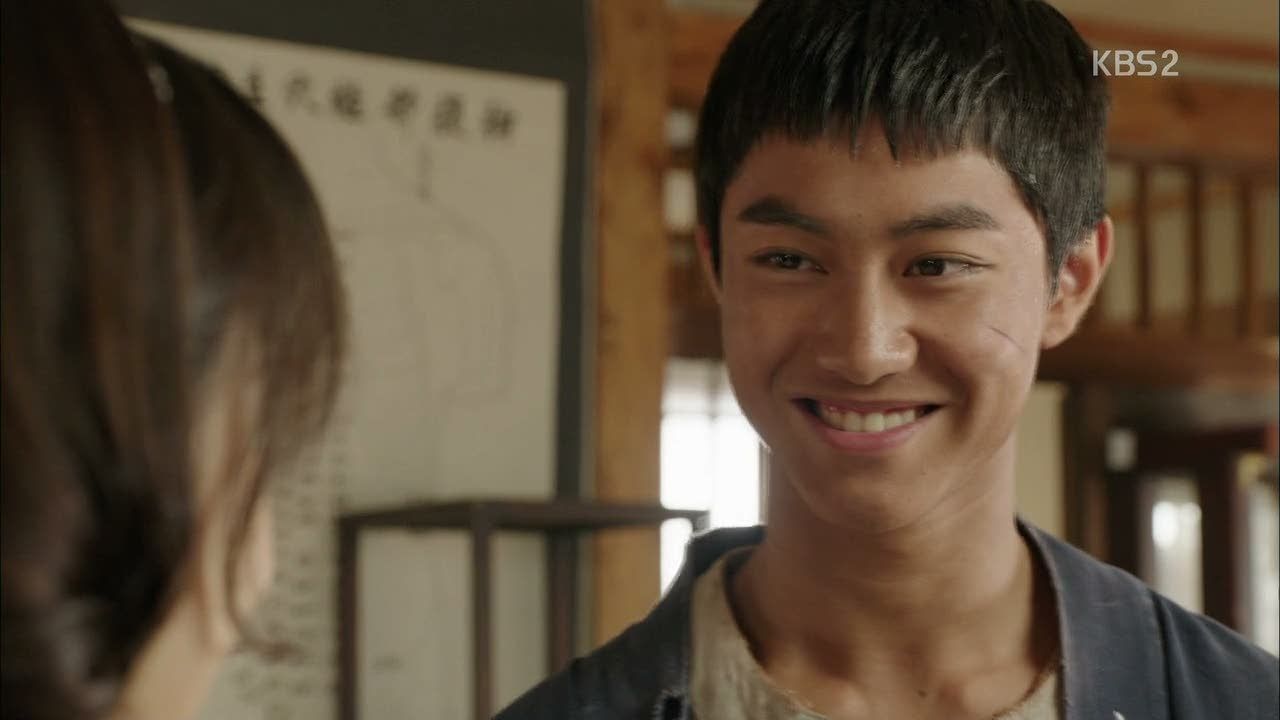
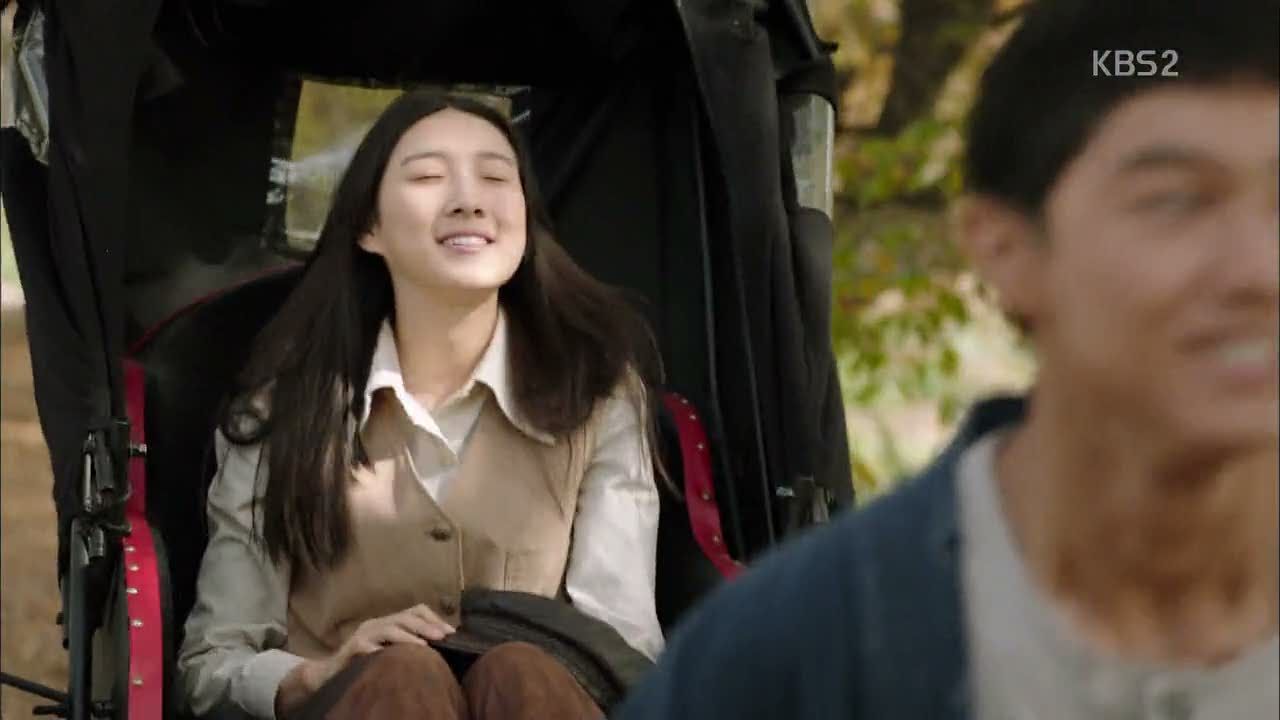
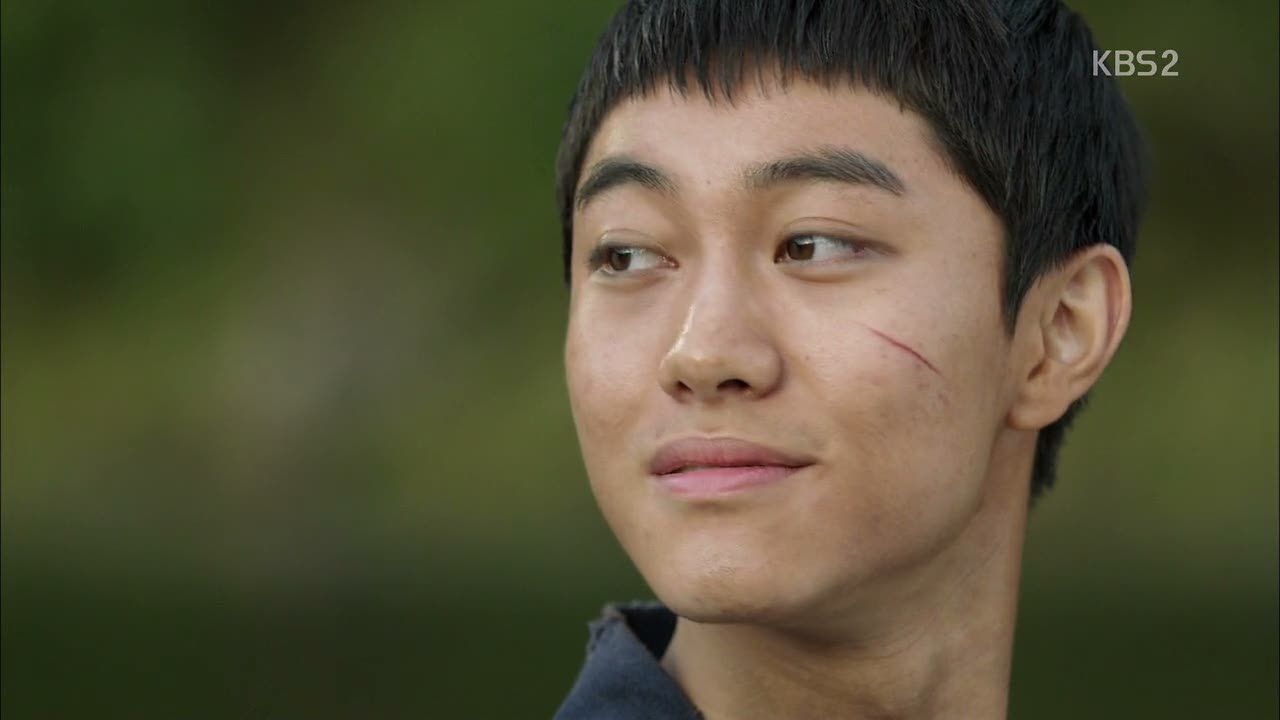
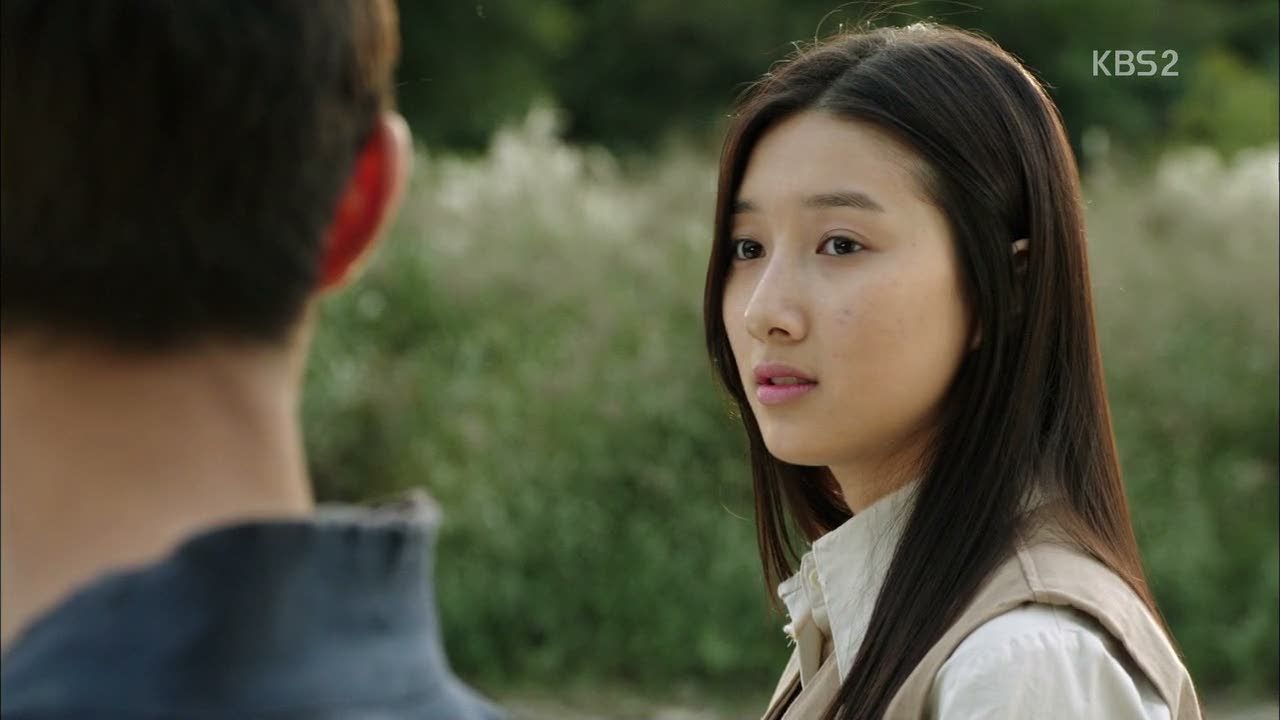
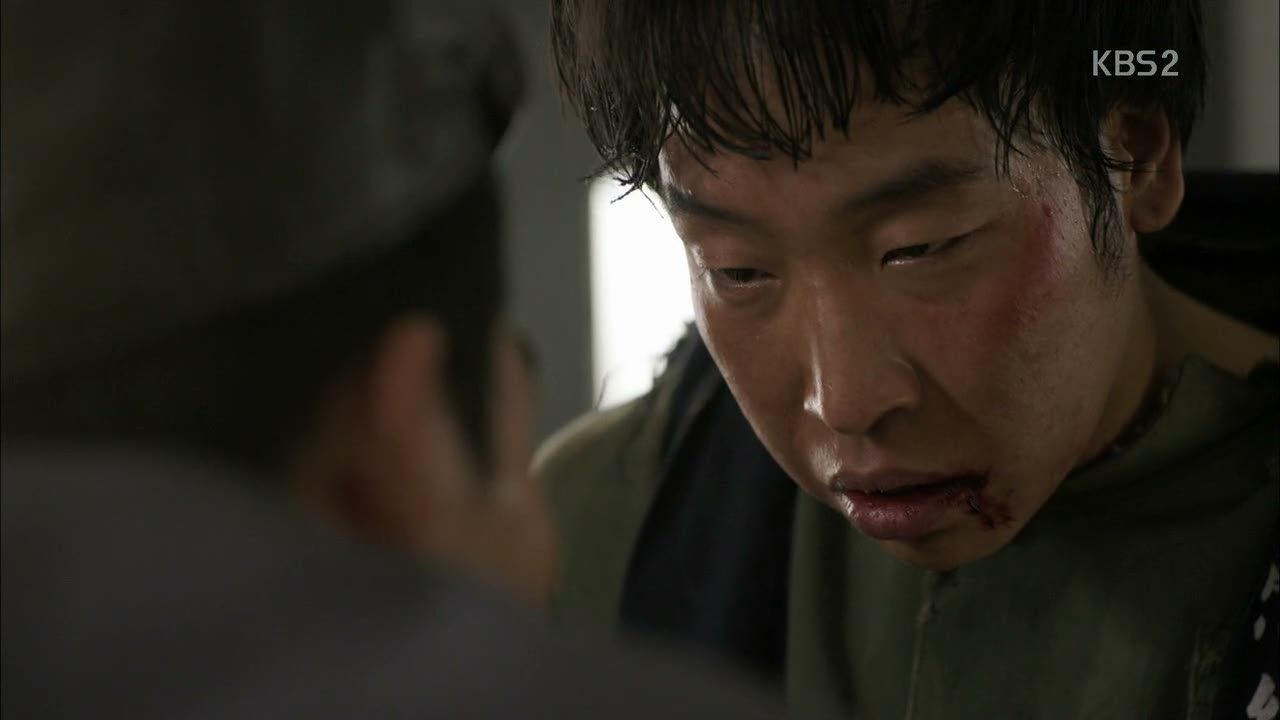

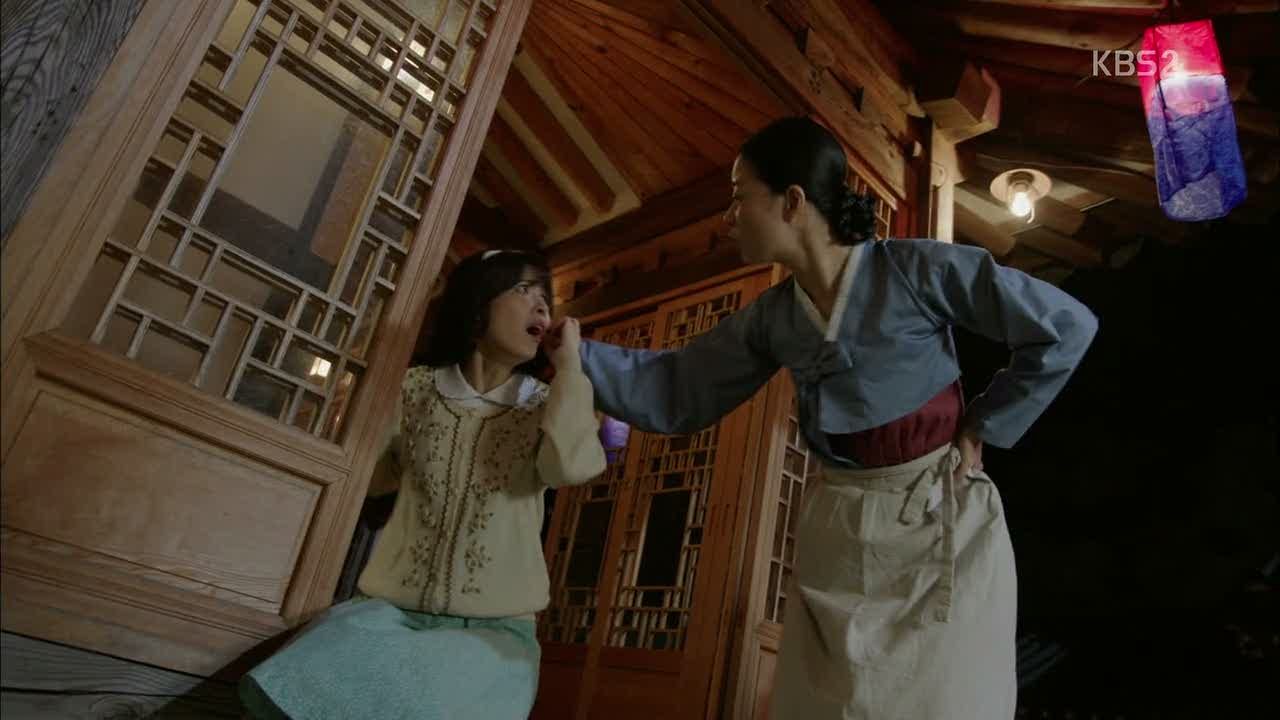
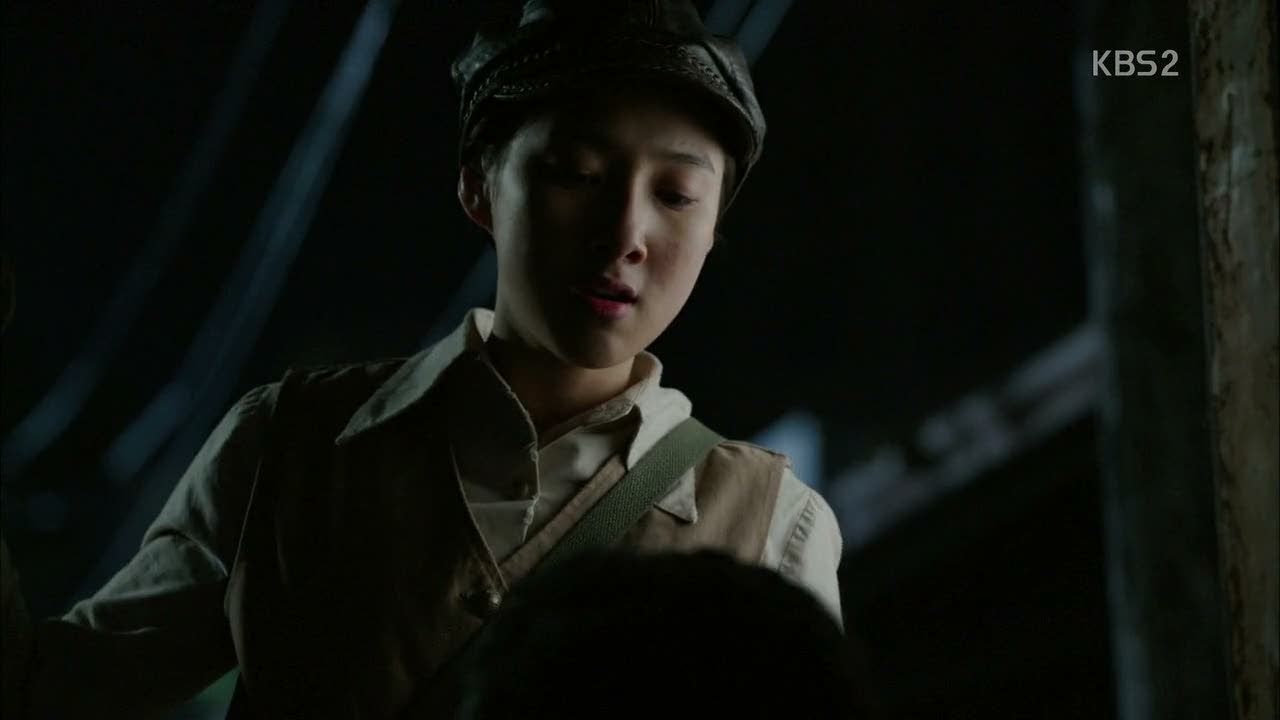
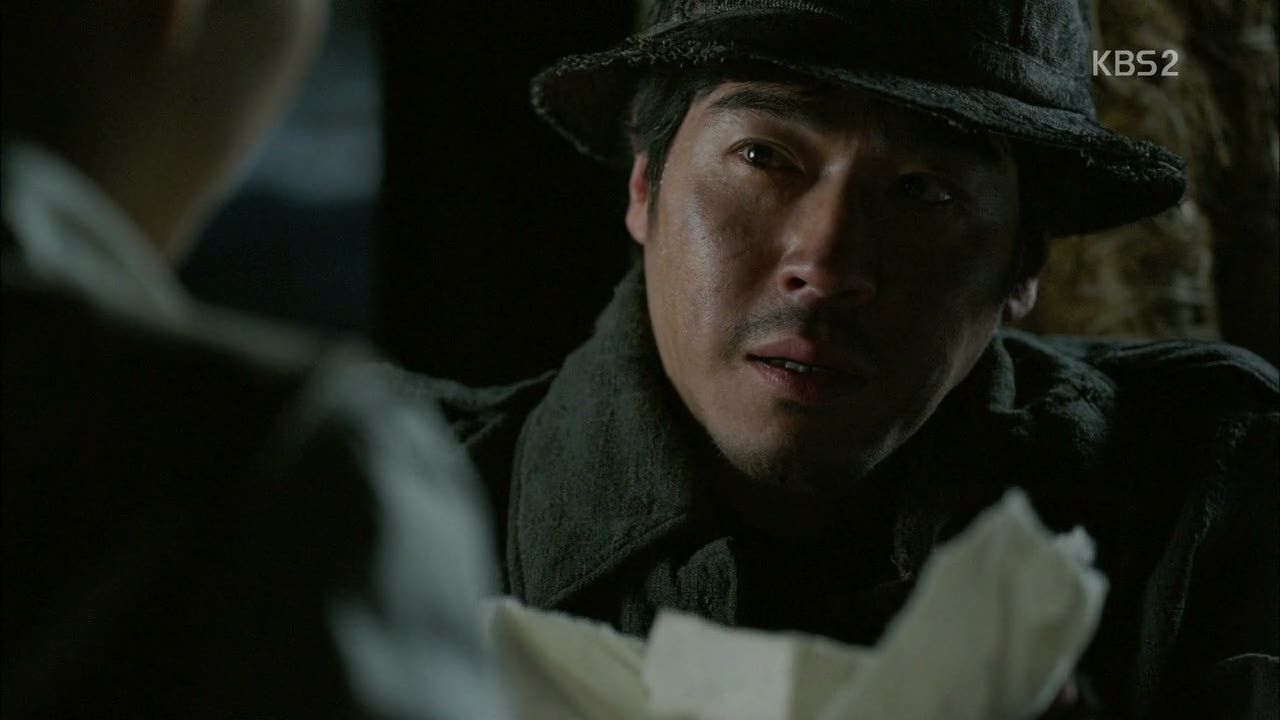
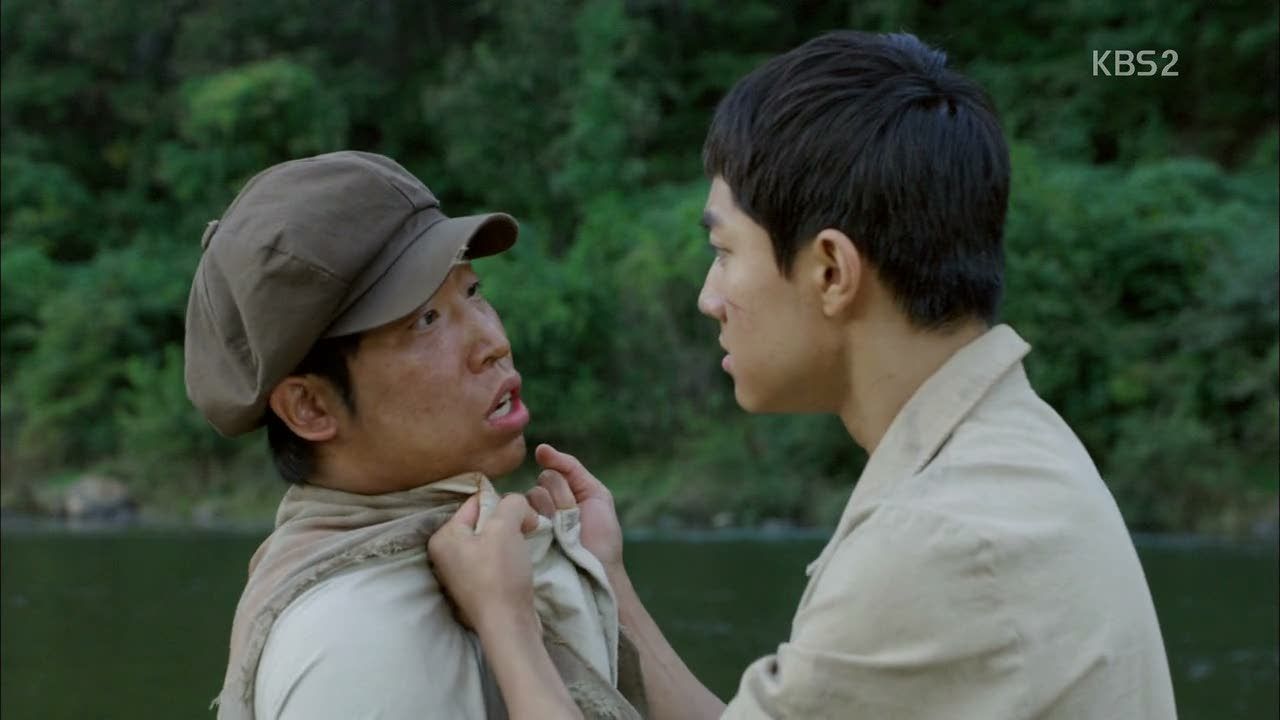
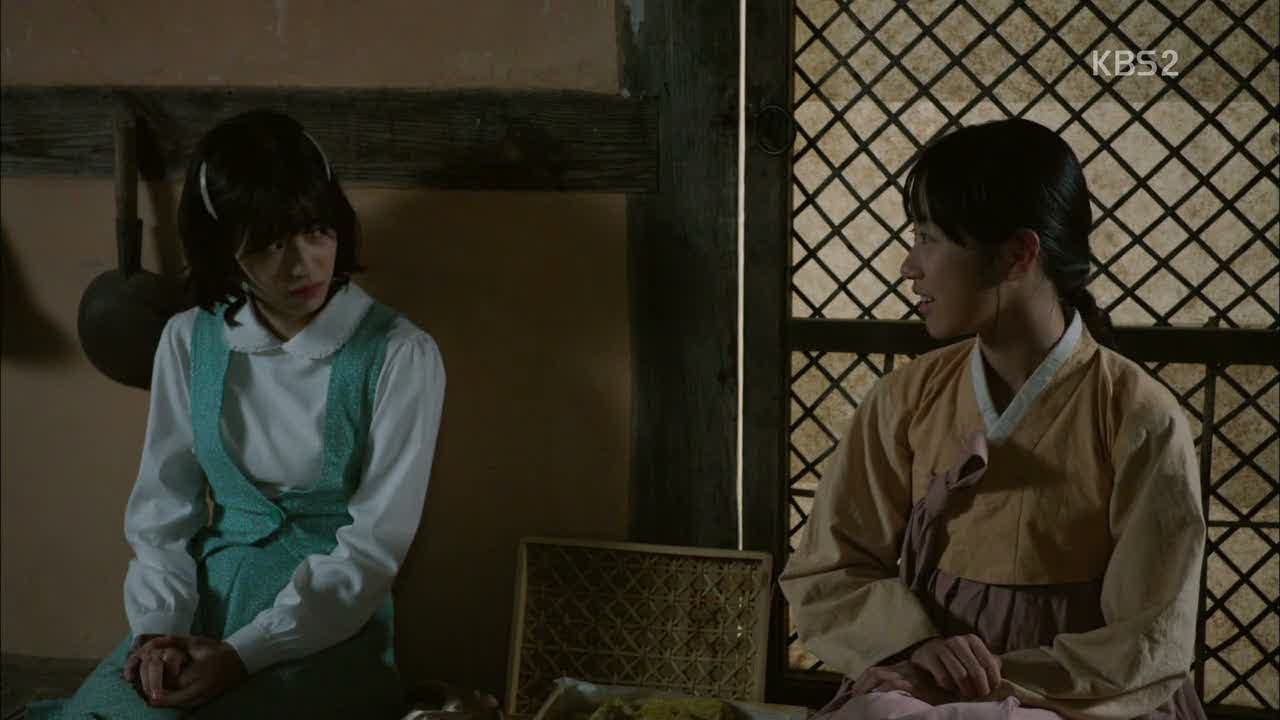
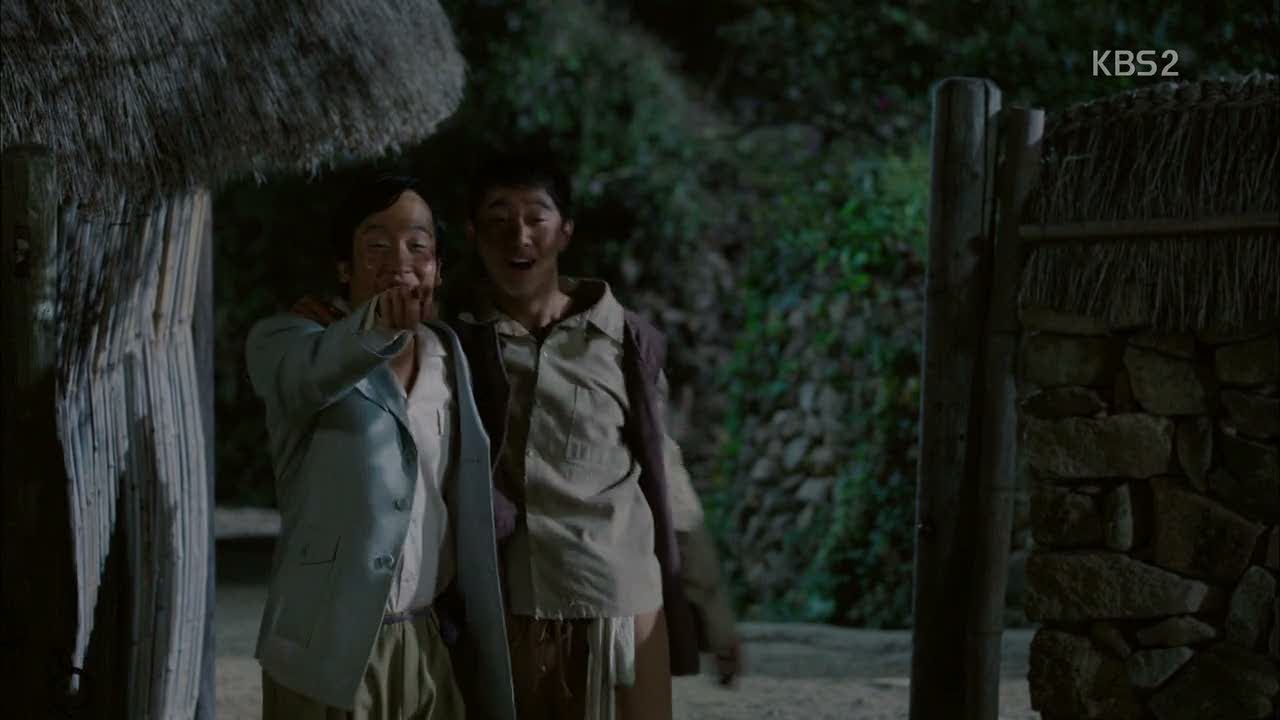
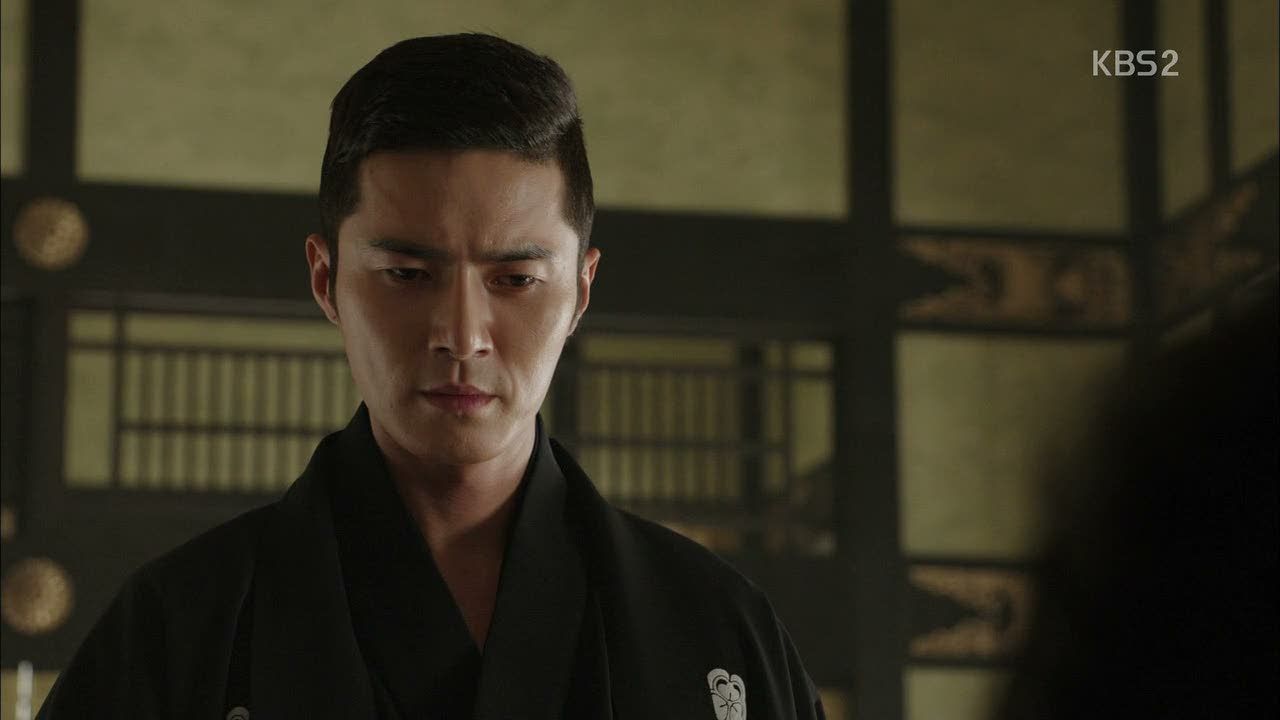
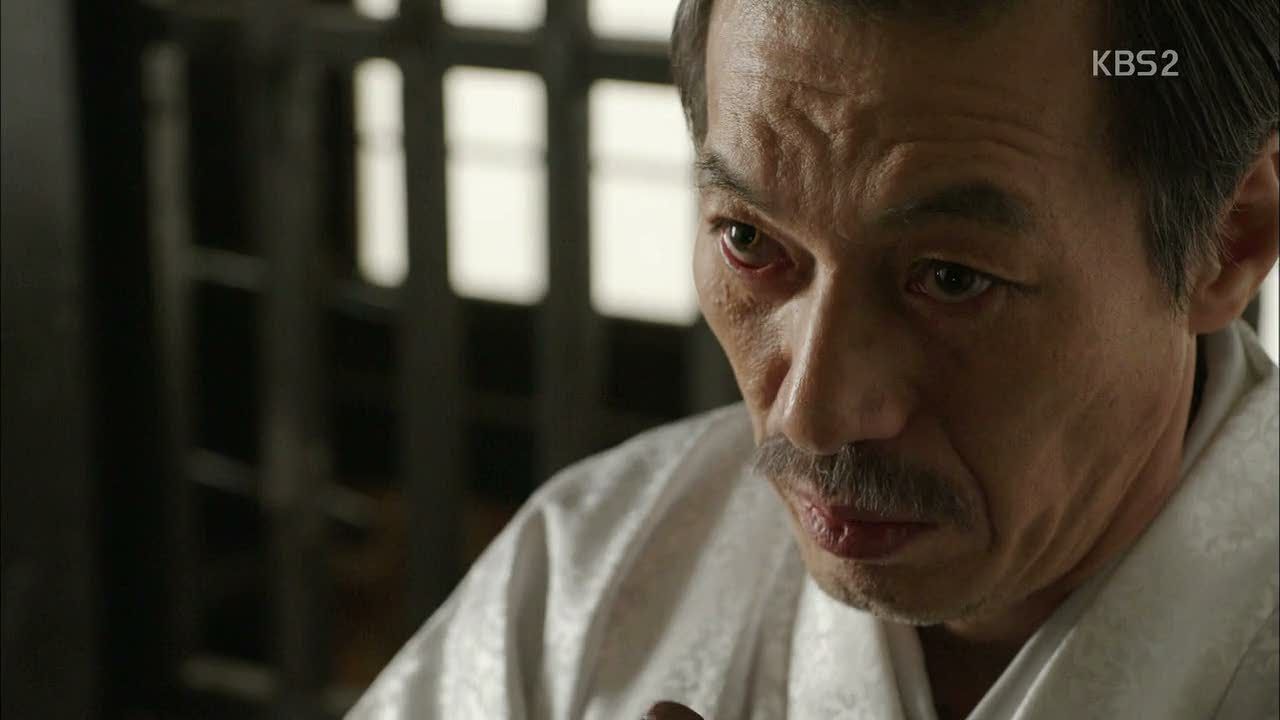
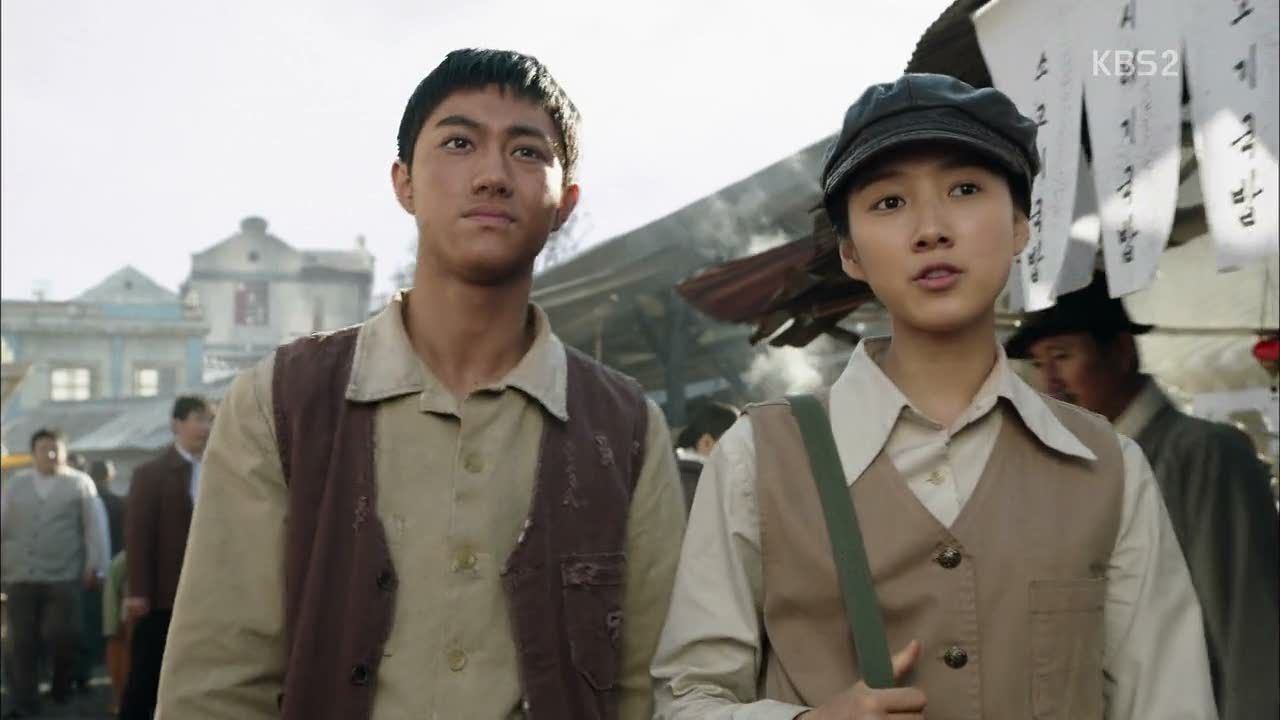
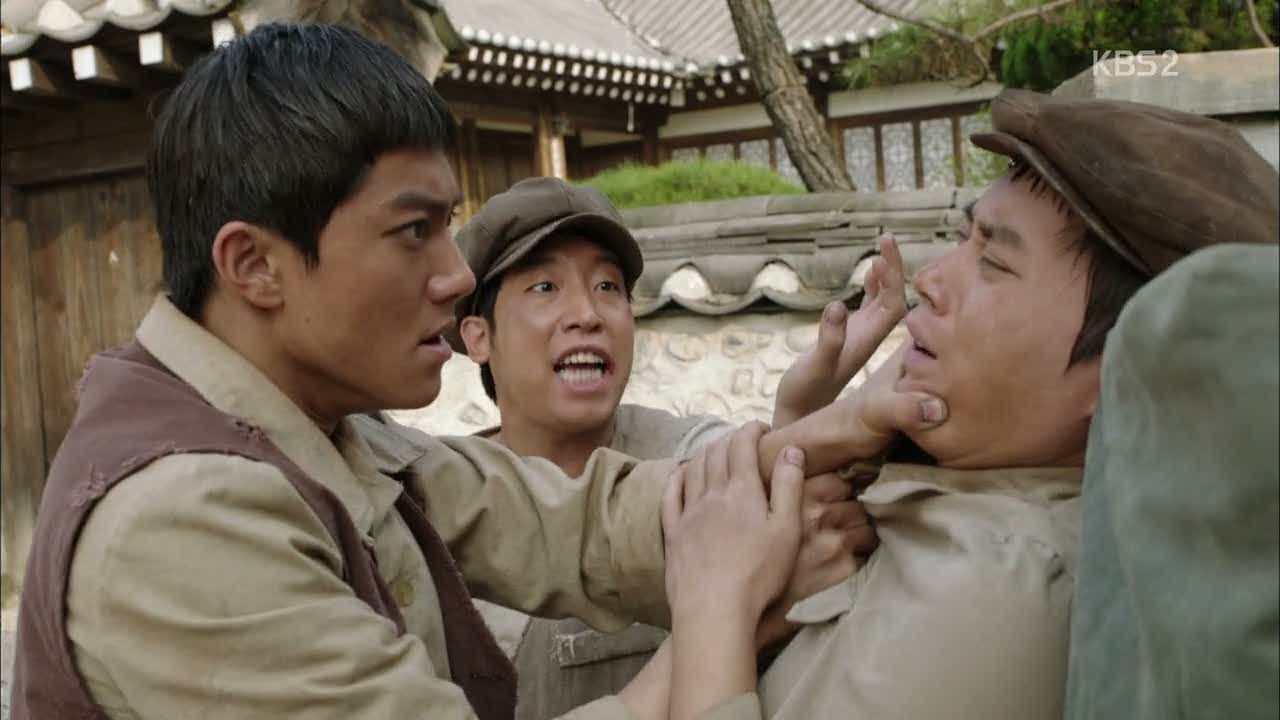
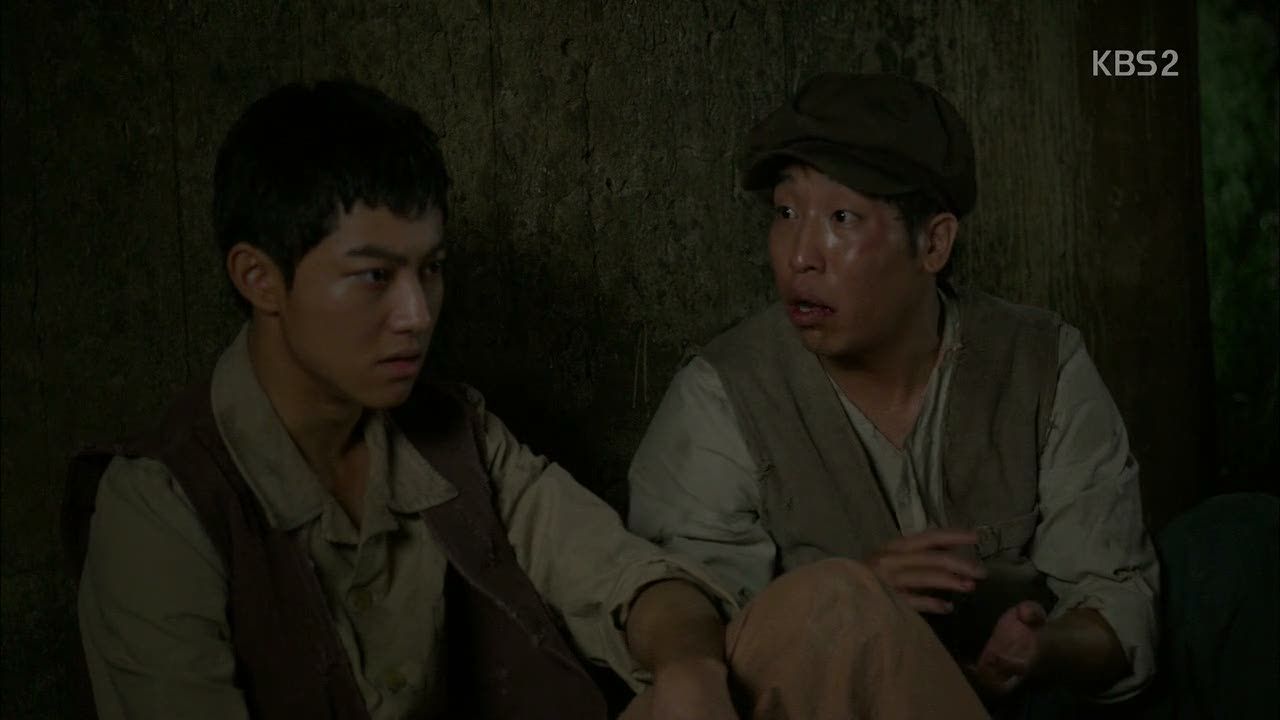

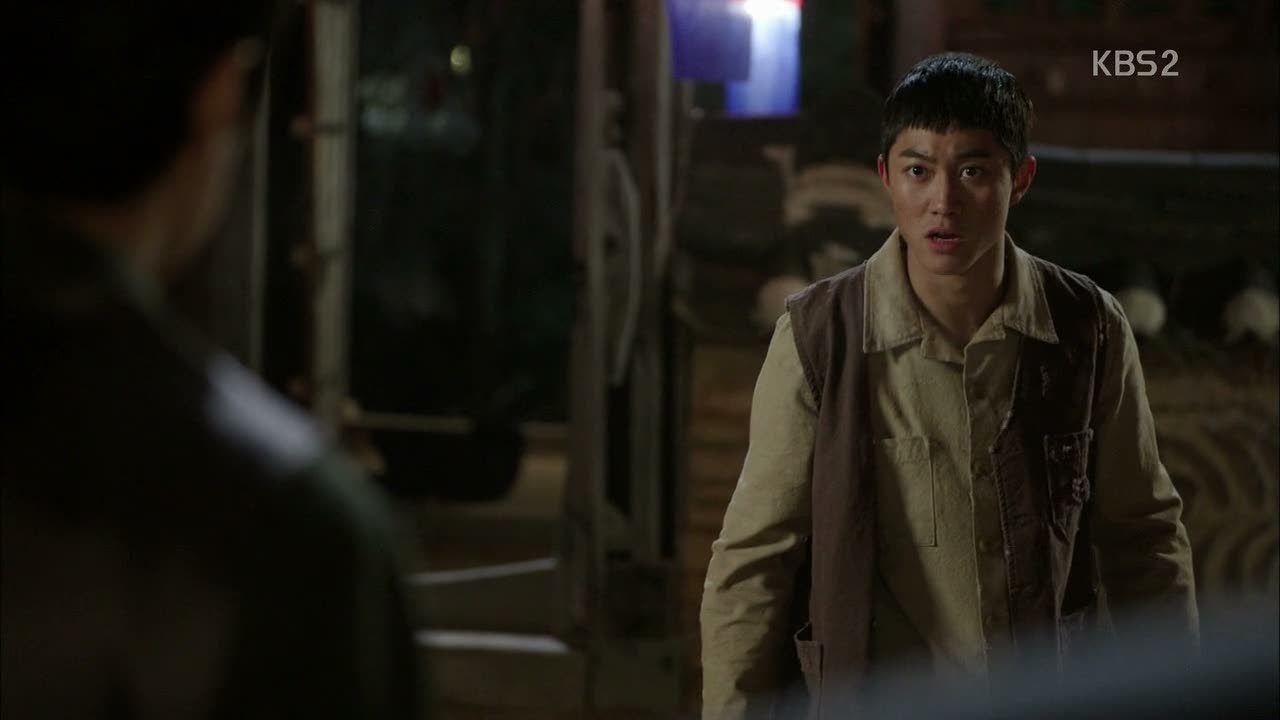
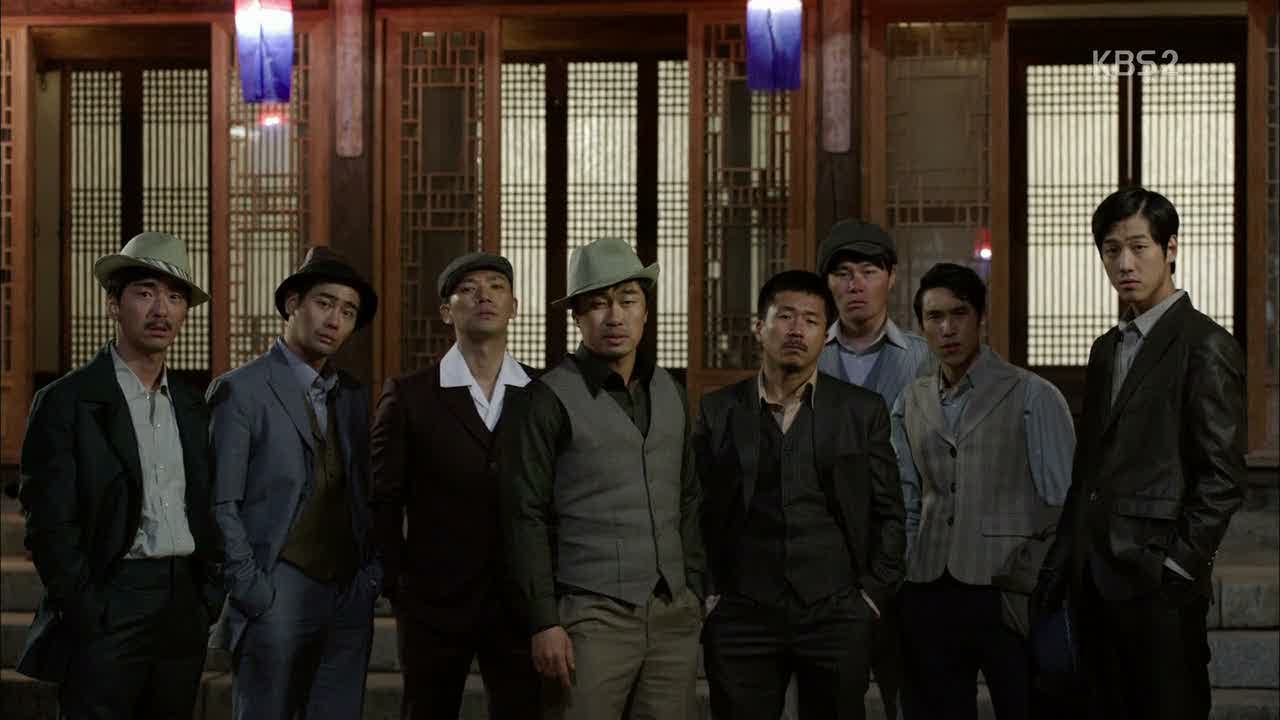
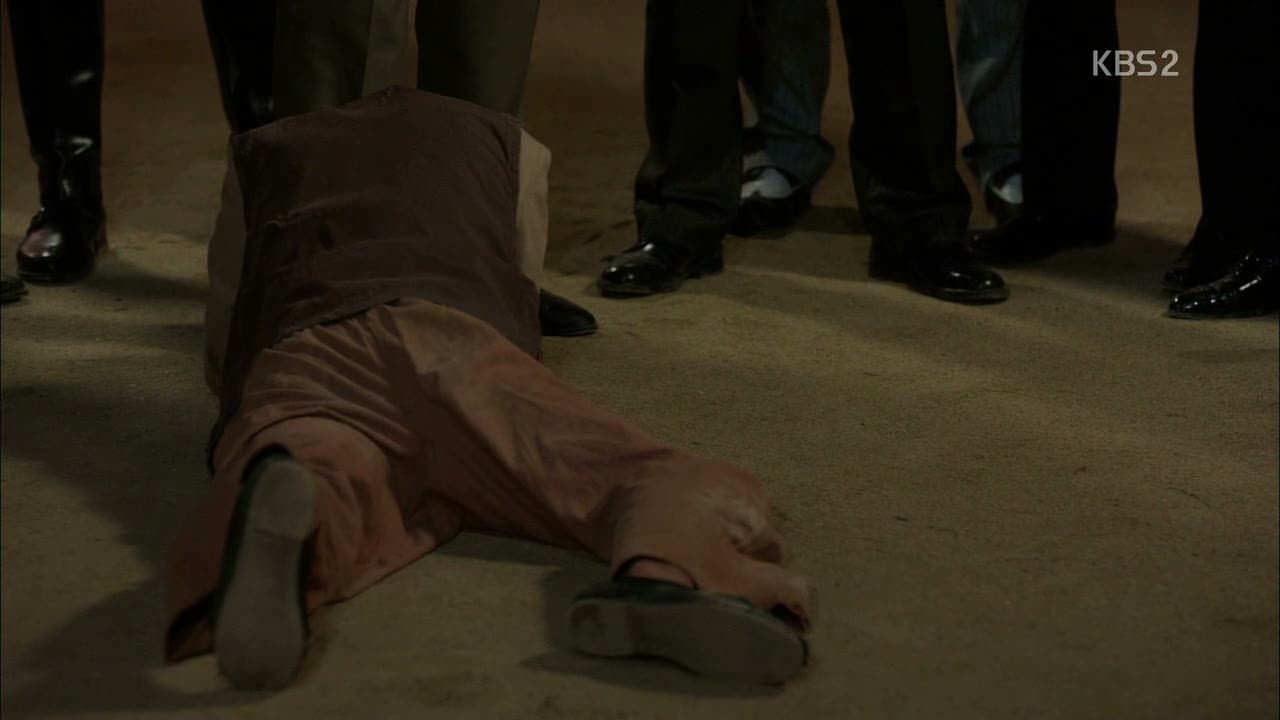
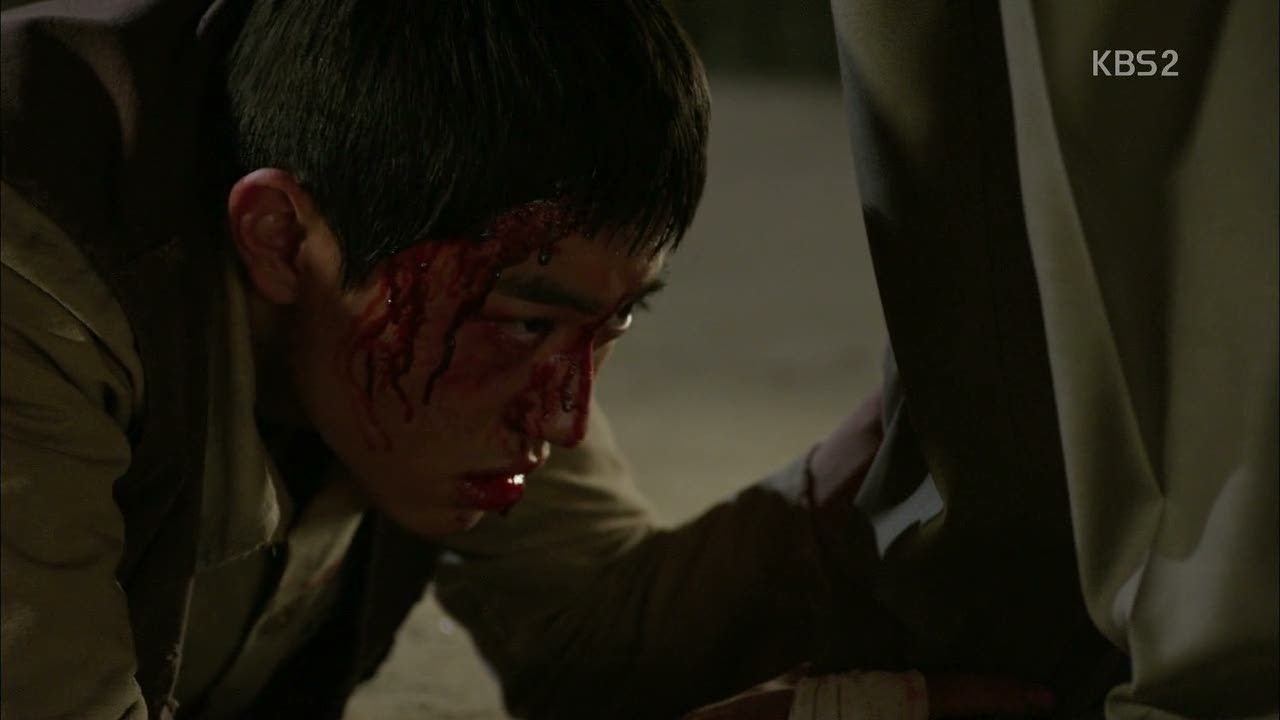
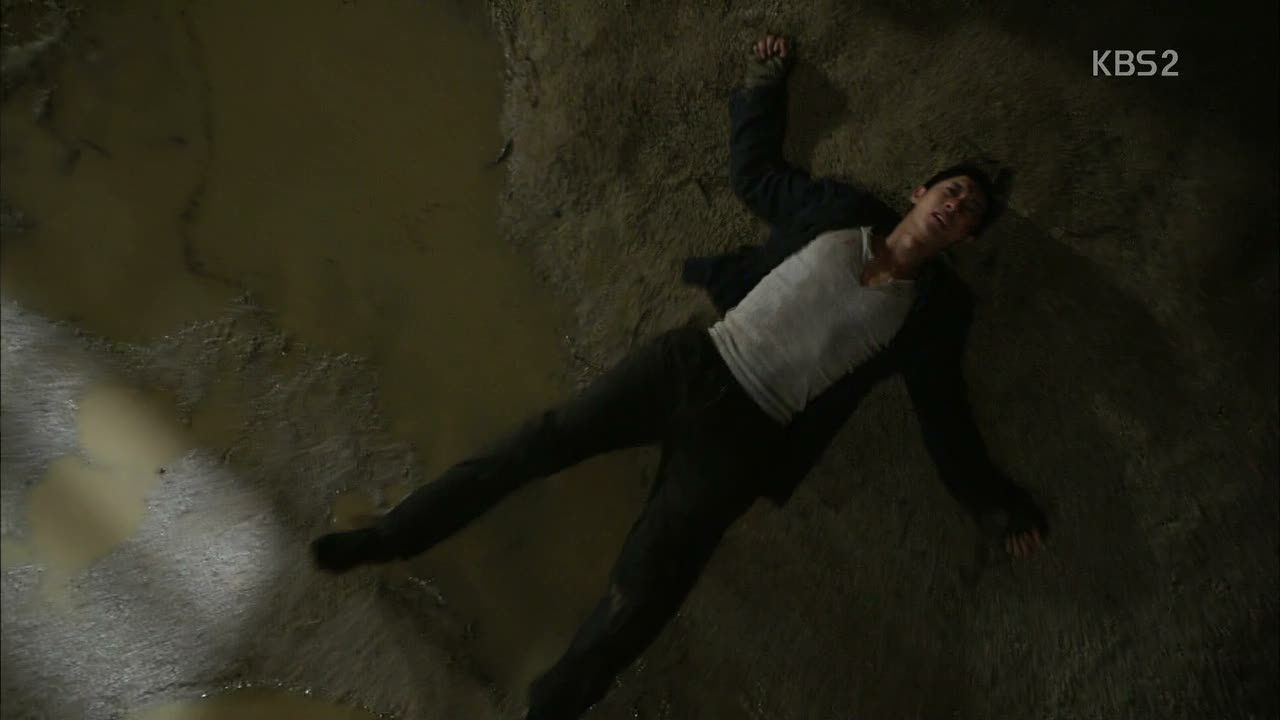
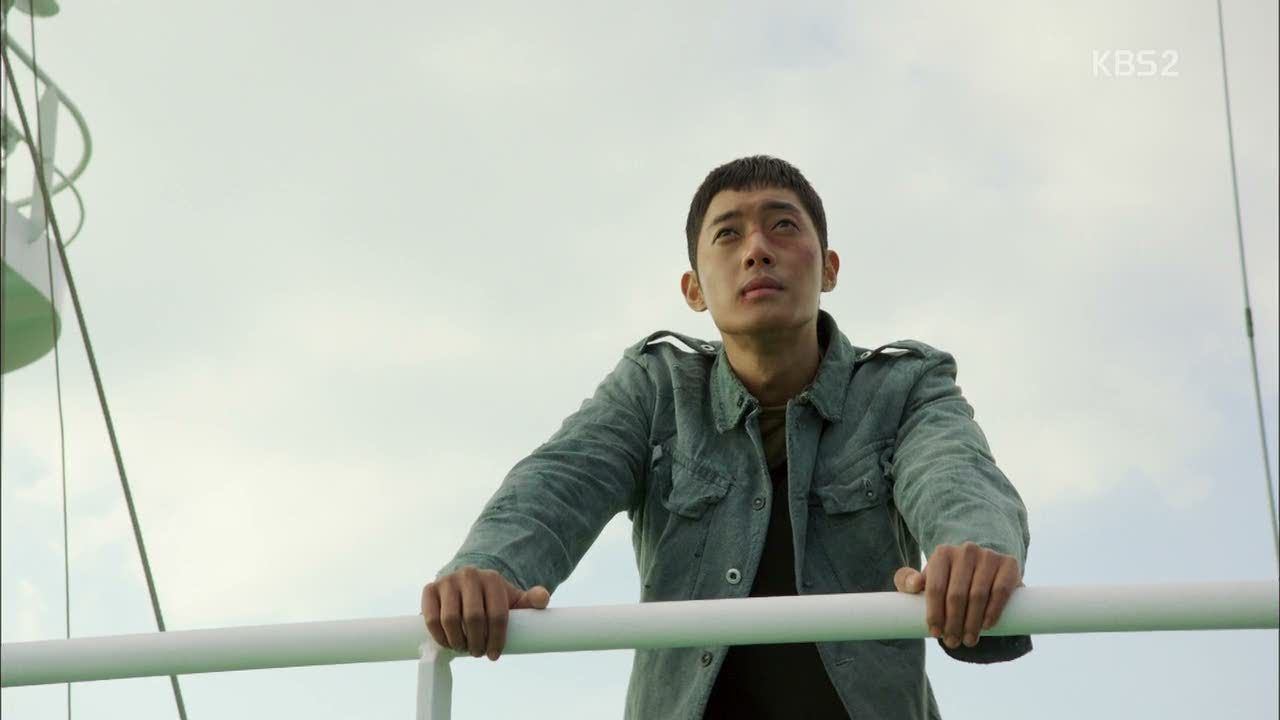
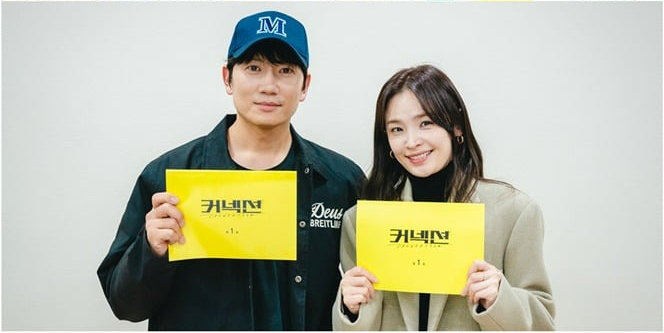
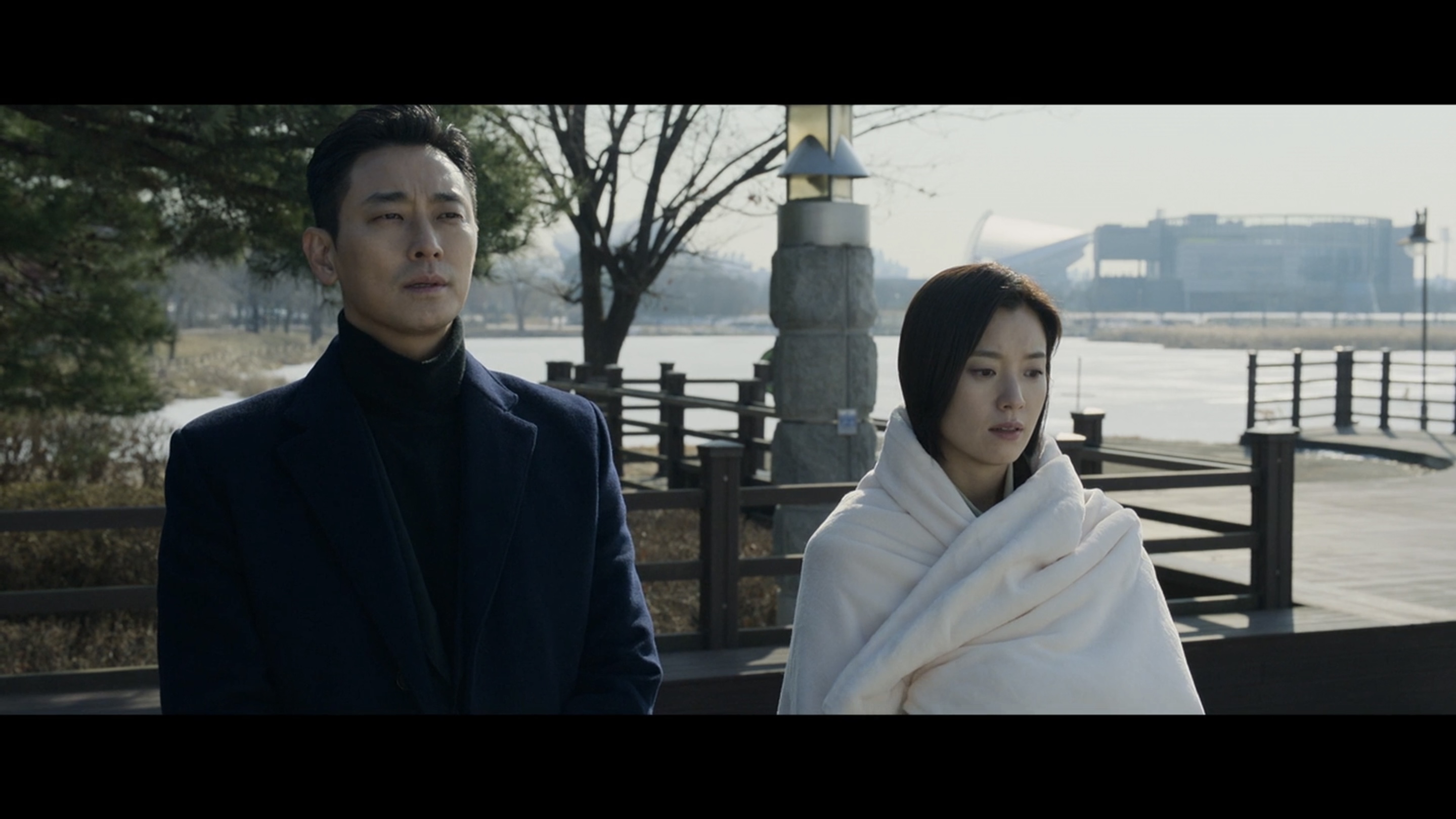
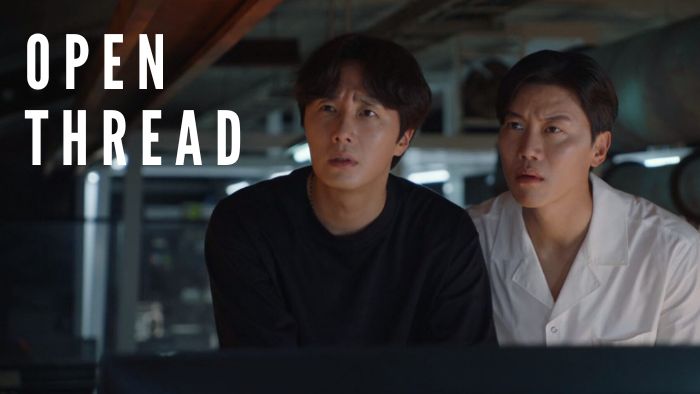
![[Cast Away] A psychometric marries his enemy to foil her plans](https://d263ao8qih4miy.cloudfront.net/wp-content/uploads/2023/09/castaway_header1.png)
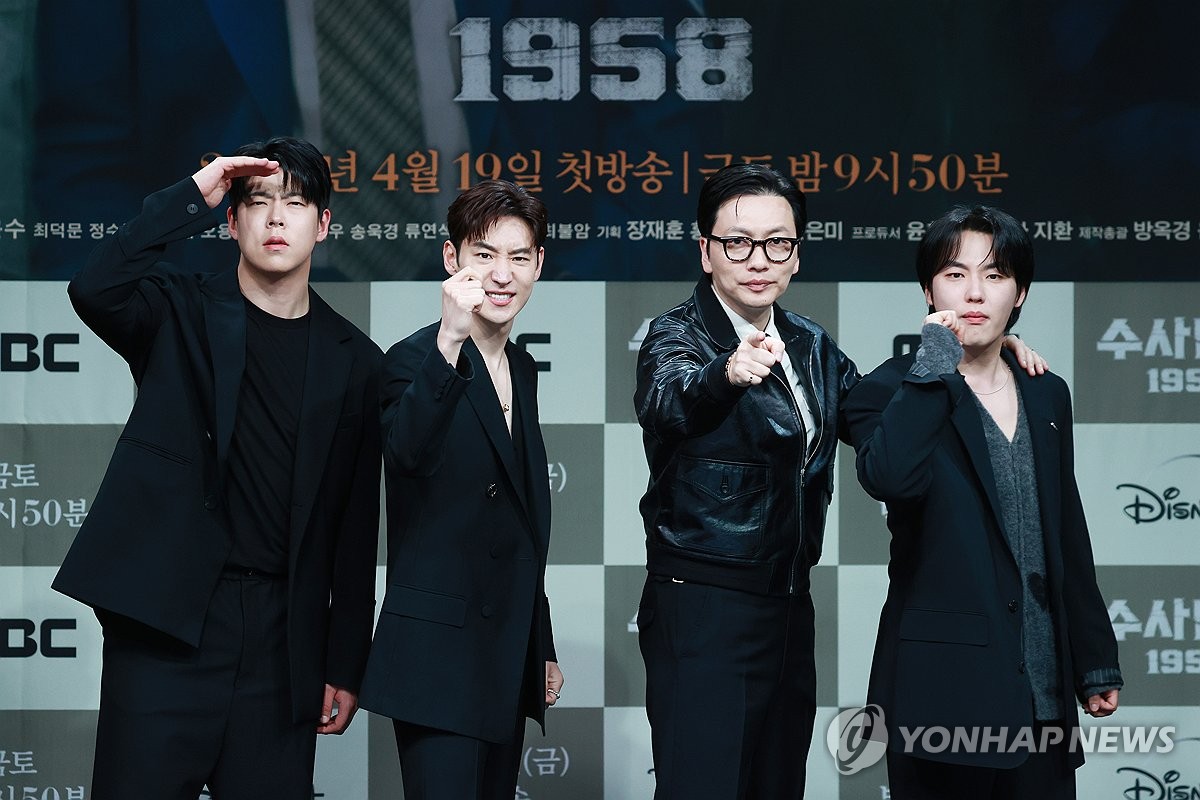
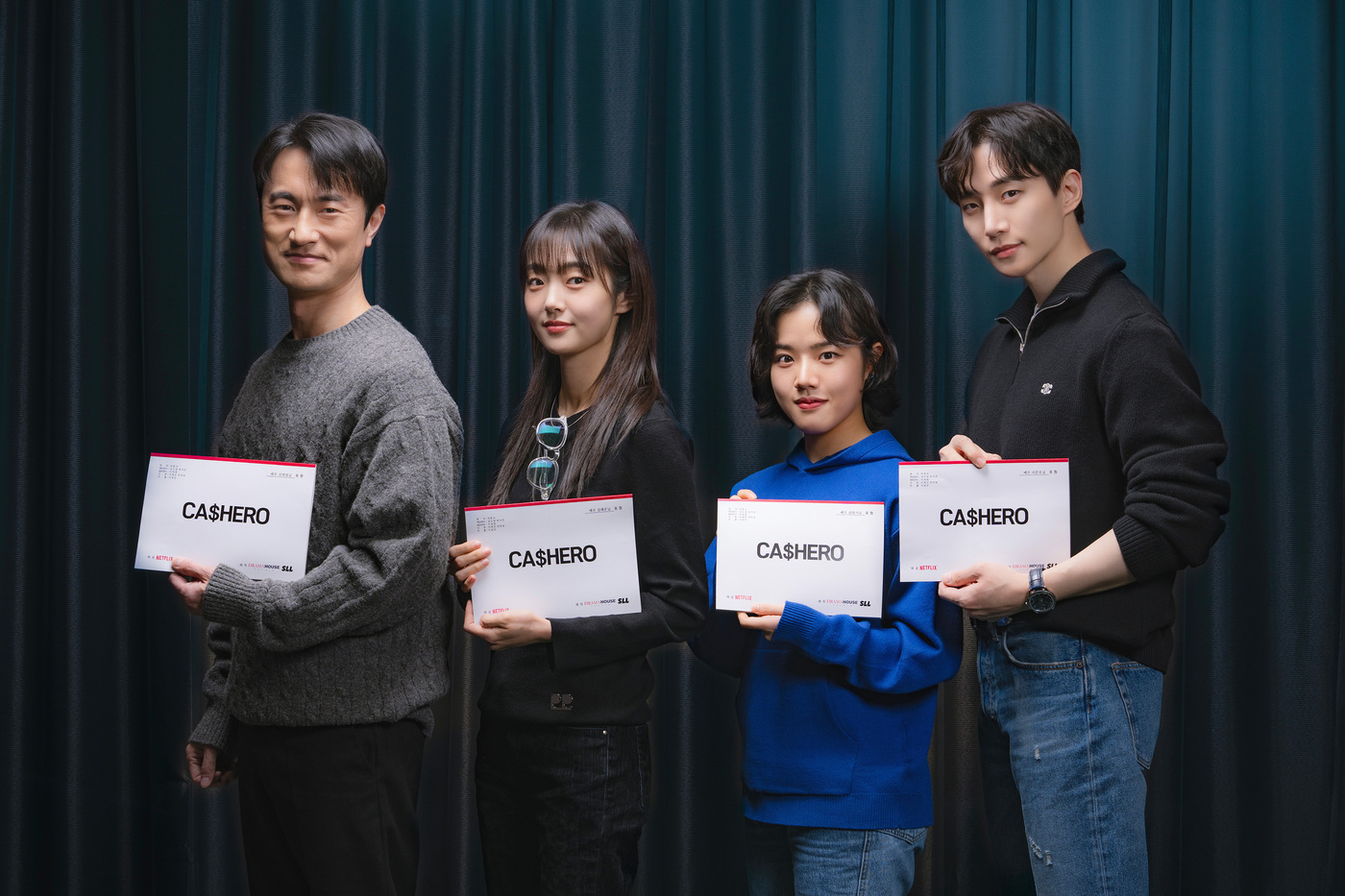
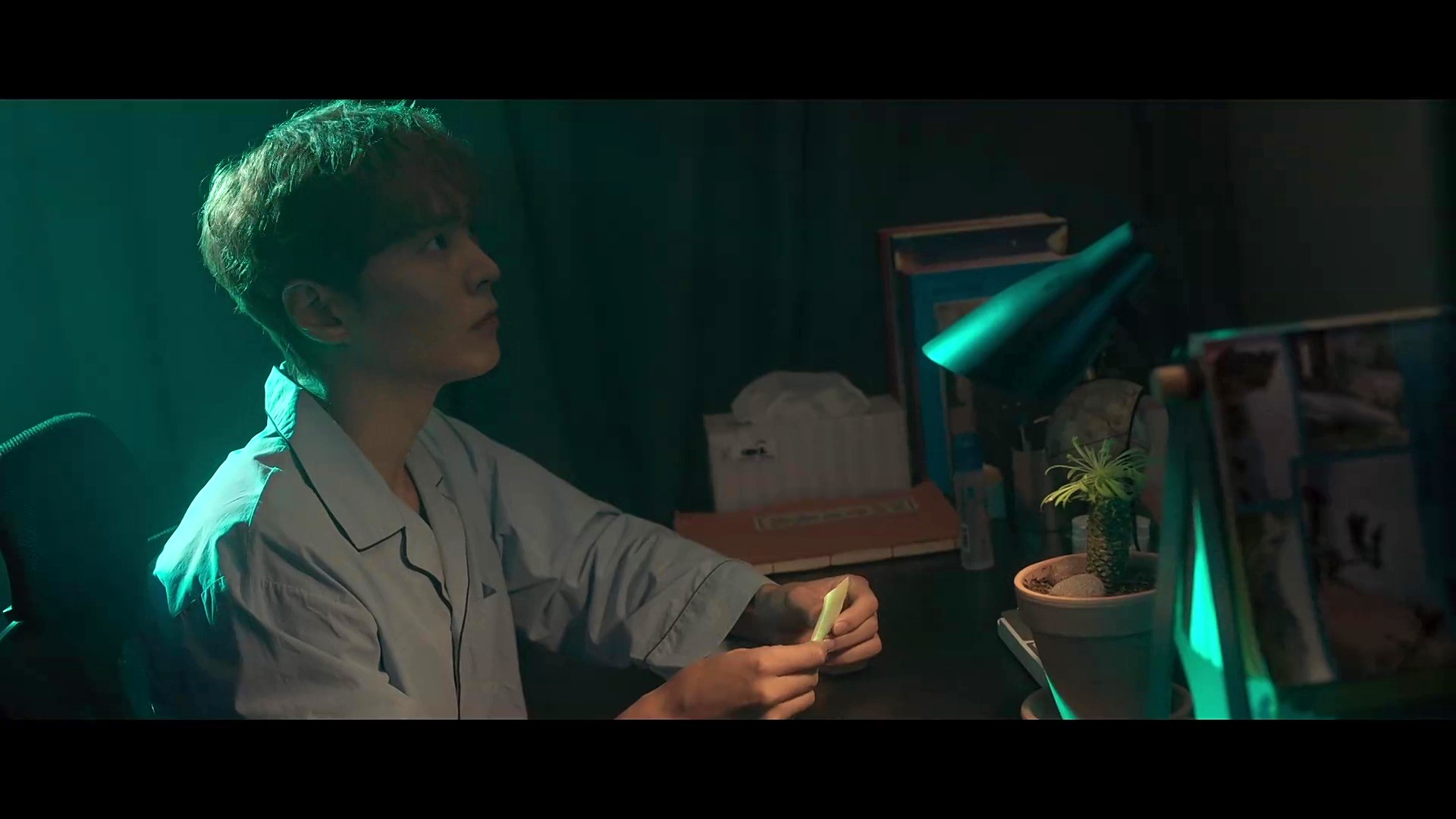
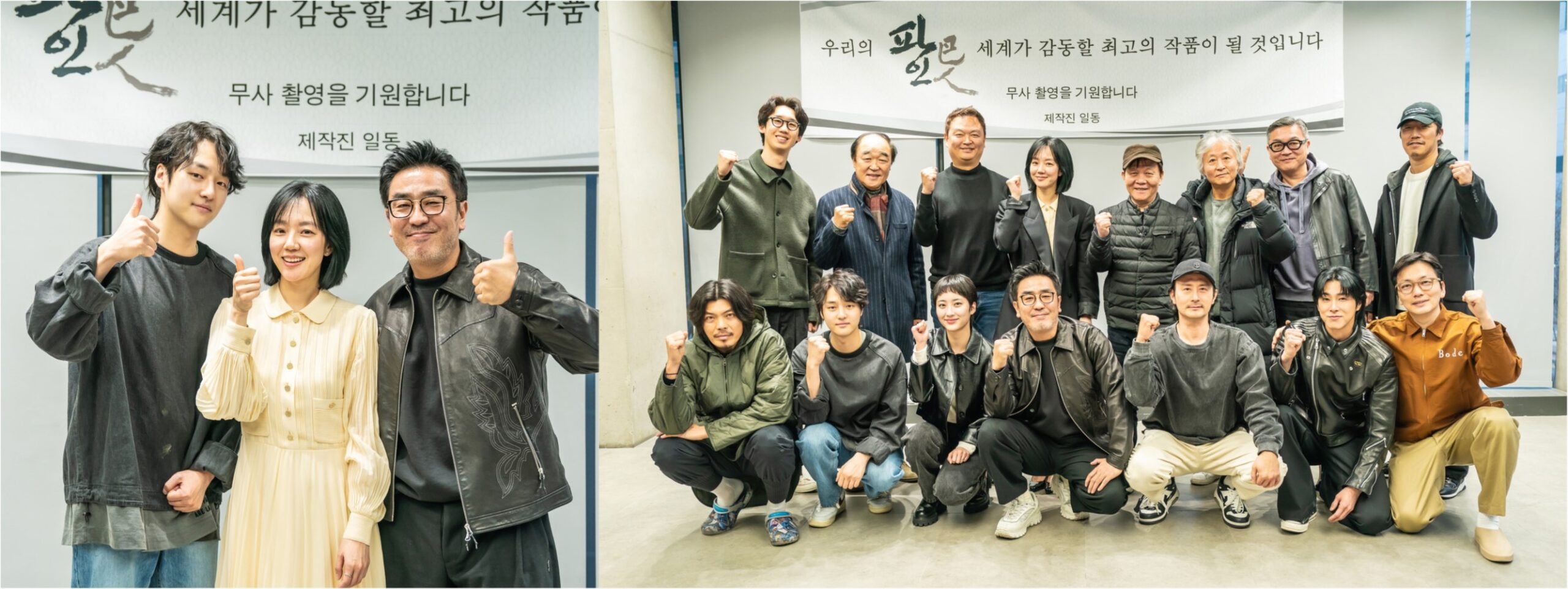
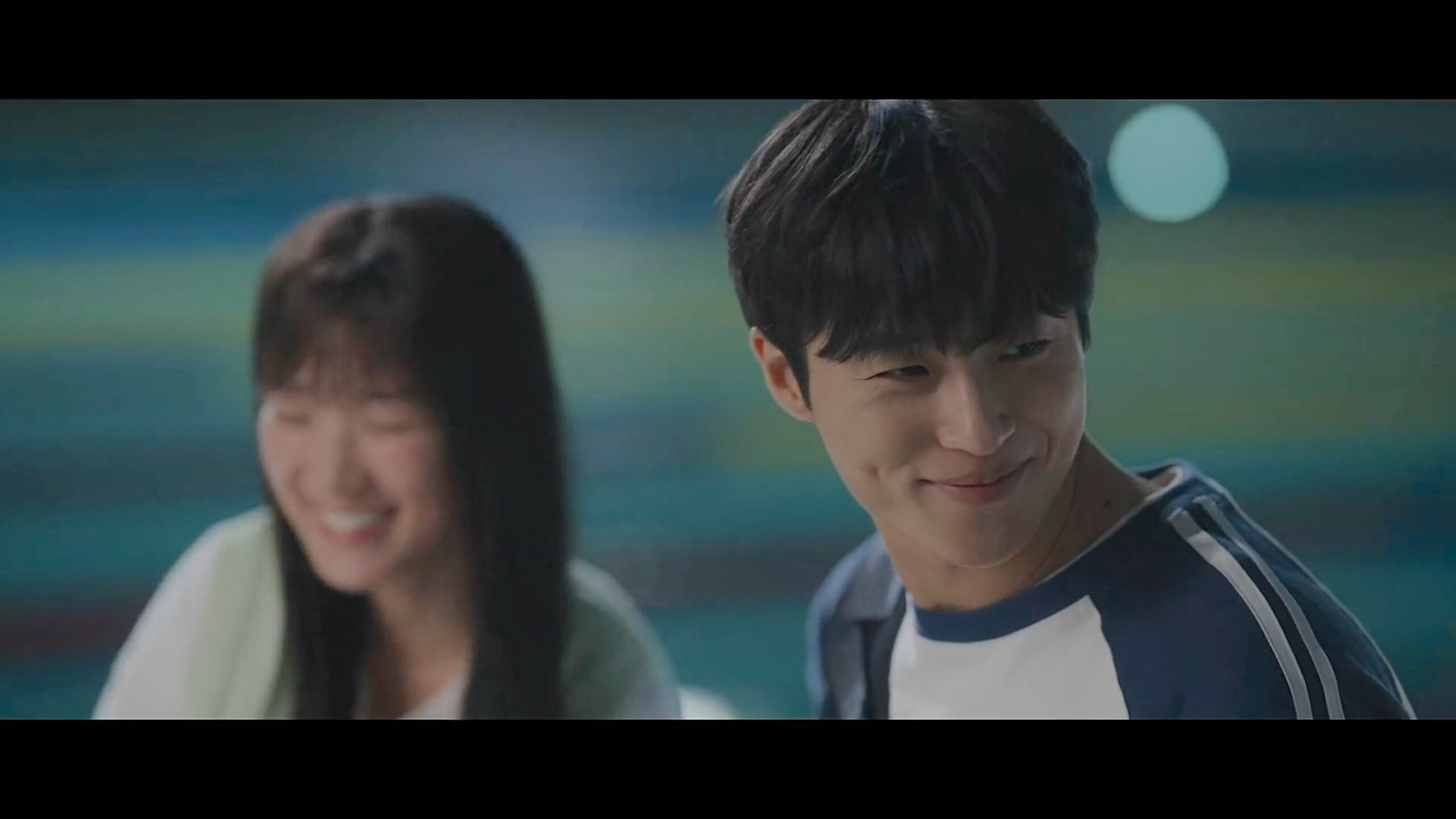
![[Beanie Recs] Dramas about fangirling](https://d263ao8qih4miy.cloudfront.net/wp-content/uploads/2022/05/BeanieRecs.jpg)
Required fields are marked *
Your email address will not be published. Required fields are marked *
51 Bebiana
January 21, 2014 at 10:35 PM
what an action?????? mindblowing KHJ just loved it...........
Required fields are marked *
52 Adal
January 22, 2014 at 11:57 AM
So, I finally got round to watching this and all I can say is Wow! I got blown away from the opening fight scene.
It looks really good and KHJ is really holding his own.
Hopefully the drama will only get better from here. I'm excited. "Age of Feeling" certainly packs a punch. Also hope that the ratings improve.
Required fields are marked *
53 alia zharr
January 23, 2014 at 6:20 AM
After watching the first two episodes, I felt the adrenaline rush and I will definitely watch the next episode. The casts are great n I have to agree the young stars esp young jung tae is awesome. The production is superb too. Feels like watching a movie. Hopefully this drama will hold till the last episodes. I.had the worst experience end of last year watching the most anticipated drama of the year. ..so they claimed...turned out to be a total waste of my time..kept asking why I sat through the whole 20 episodes. Hopefully this drama will make a good start of 2014 for me n korean dramas.
Required fields are marked *
54 zakia
September 30, 2014 at 2:21 AM
wow i't an interesting story/drama .
Required fields are marked *
55 Shinubi Wang
January 2, 2016 at 5:37 PM
Those who liked this should also watch the HK drama, Lord of Shanghai, and compare their portrayals of 1930s Shanghai. Lord of Shanghai was an award winning drama with top actors, including Kent Tong, one of the Five Tiger Generals of TVB, and the adorable, recently wed Myolie Wu.
Required fields are marked *